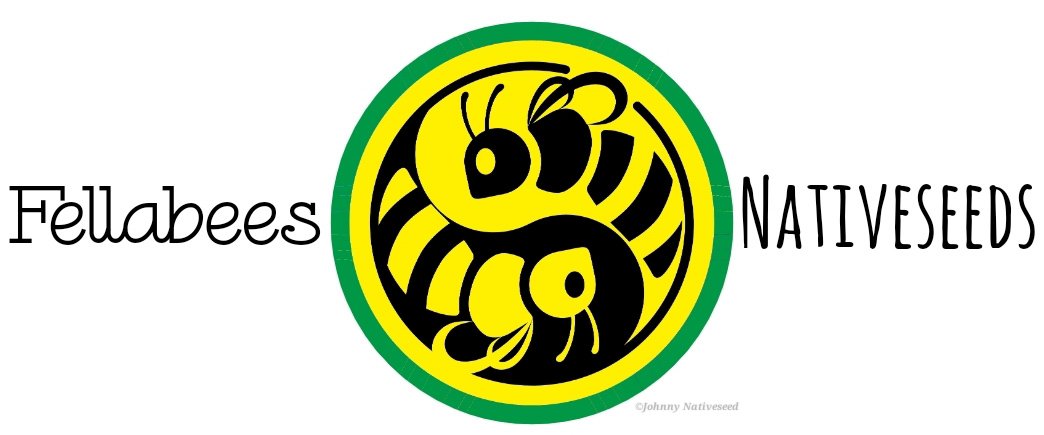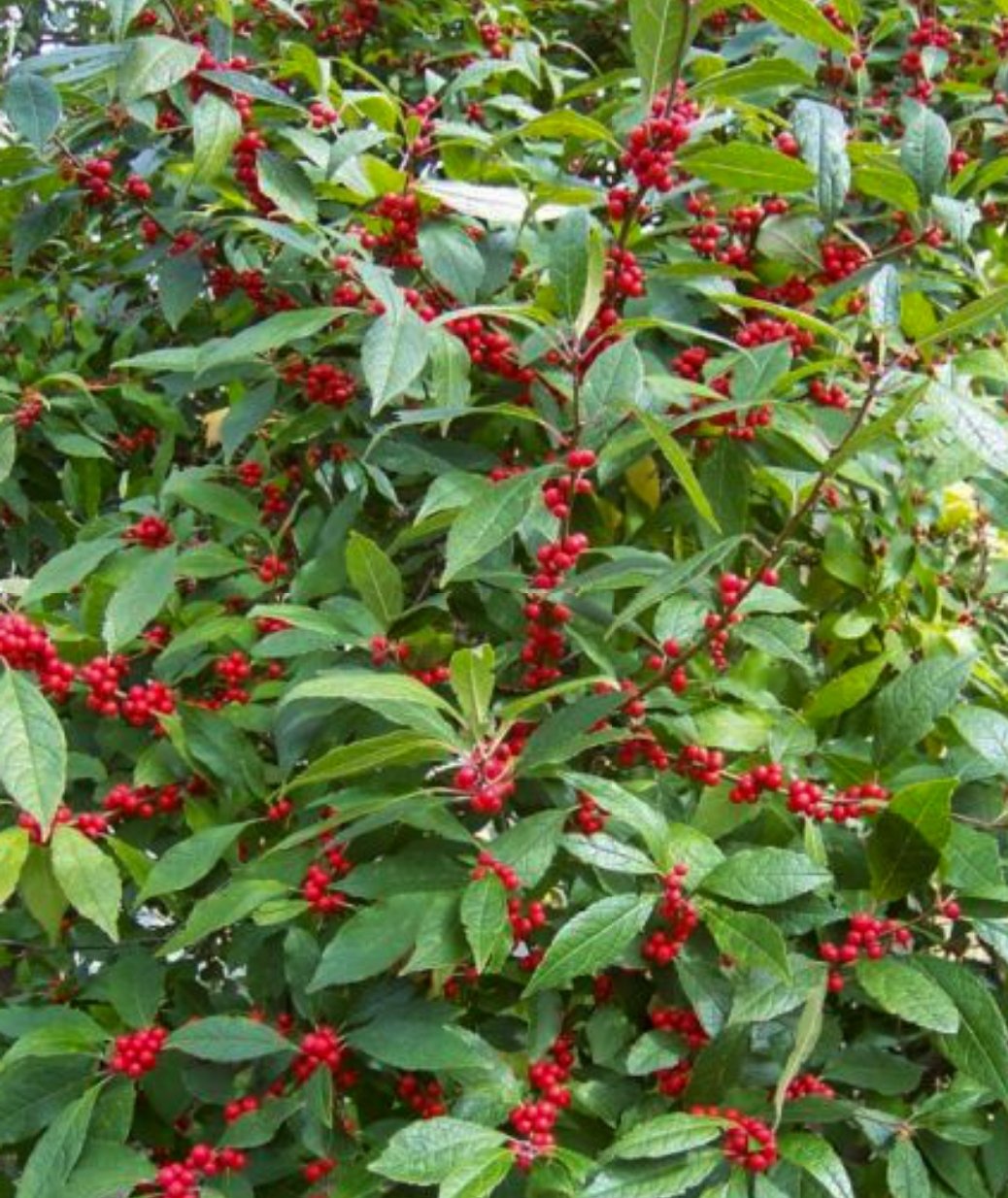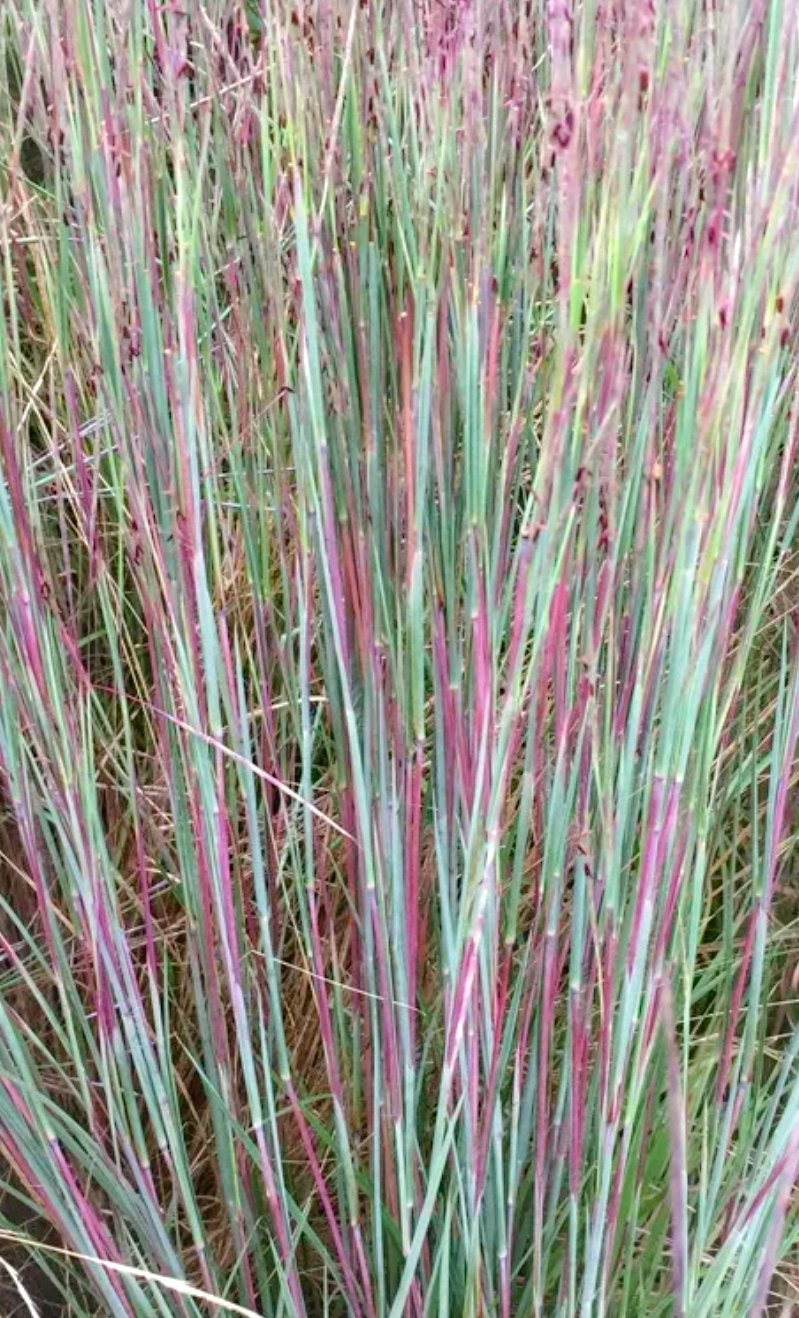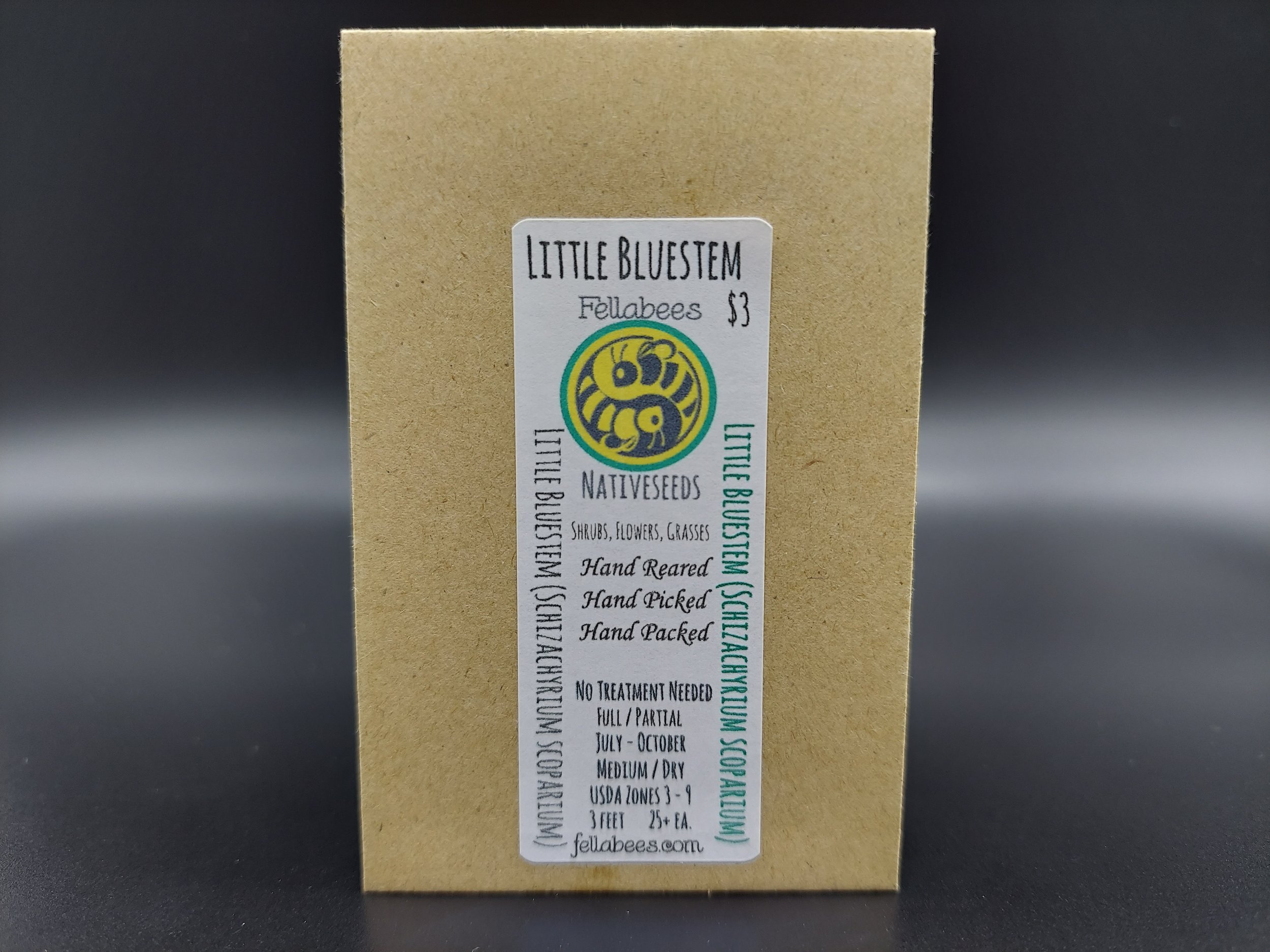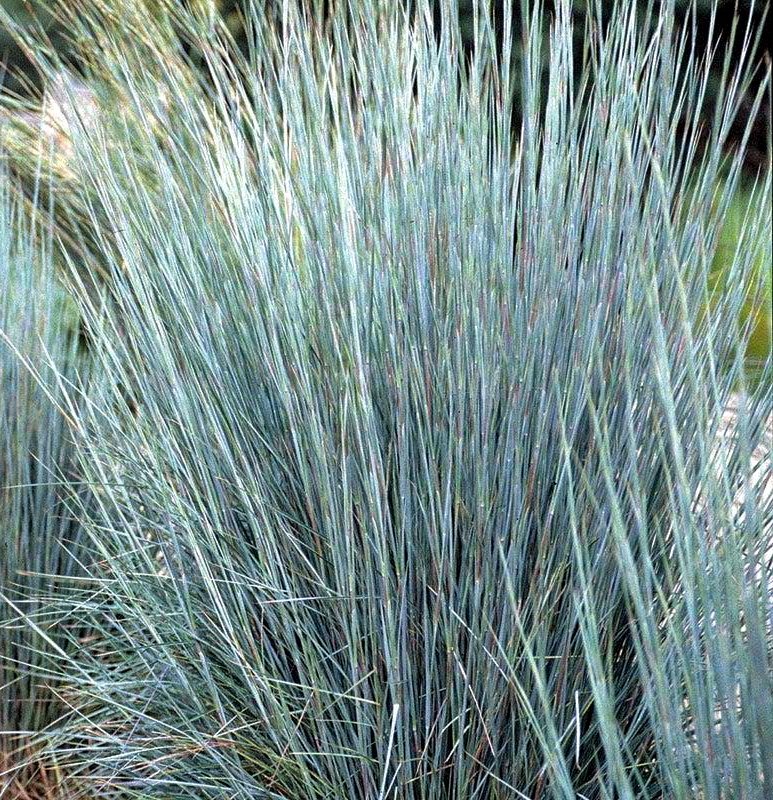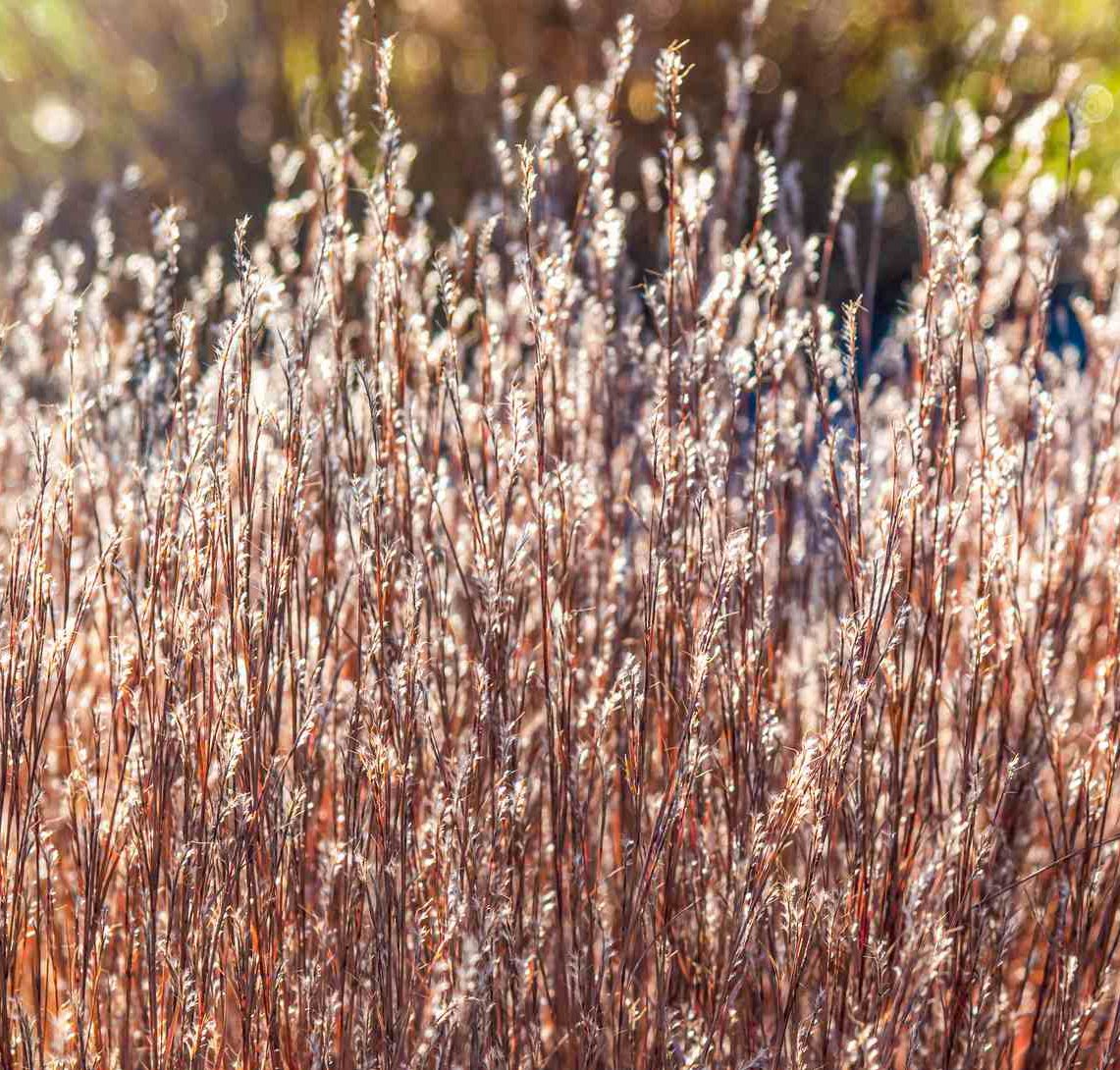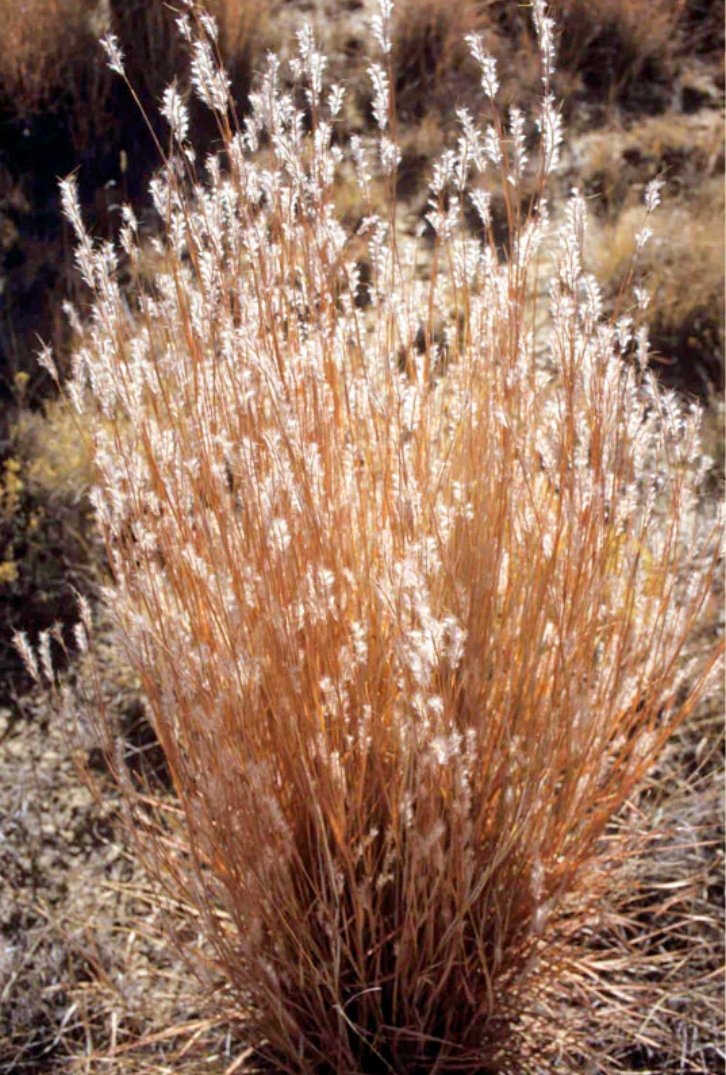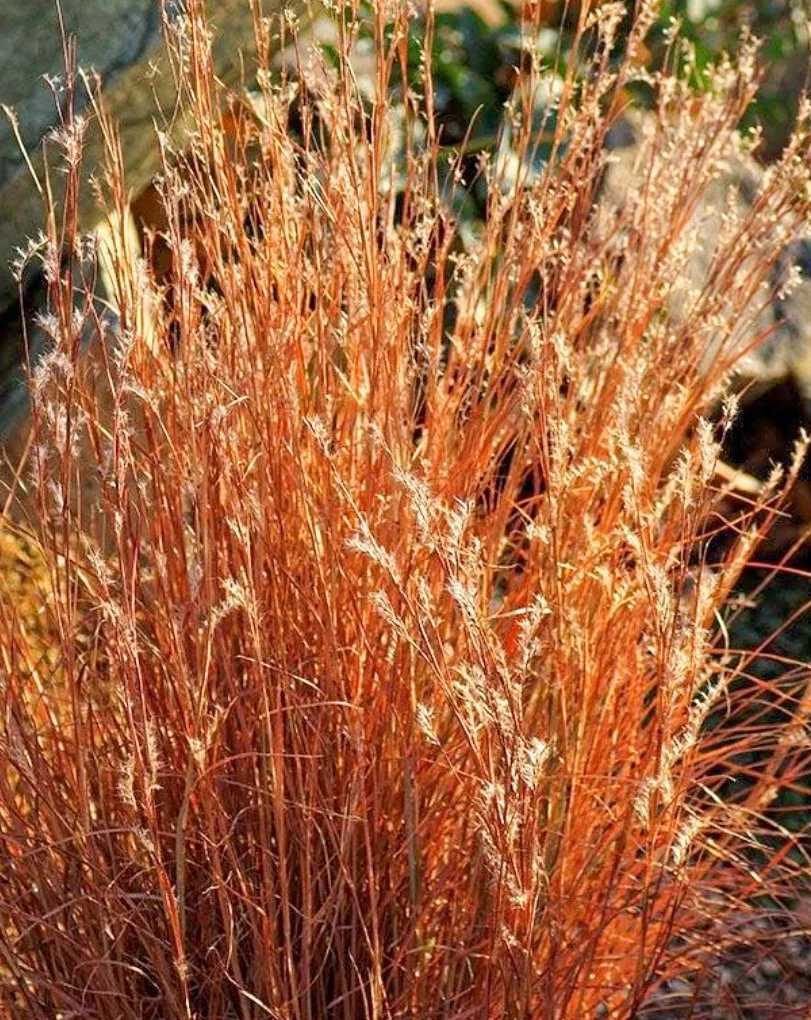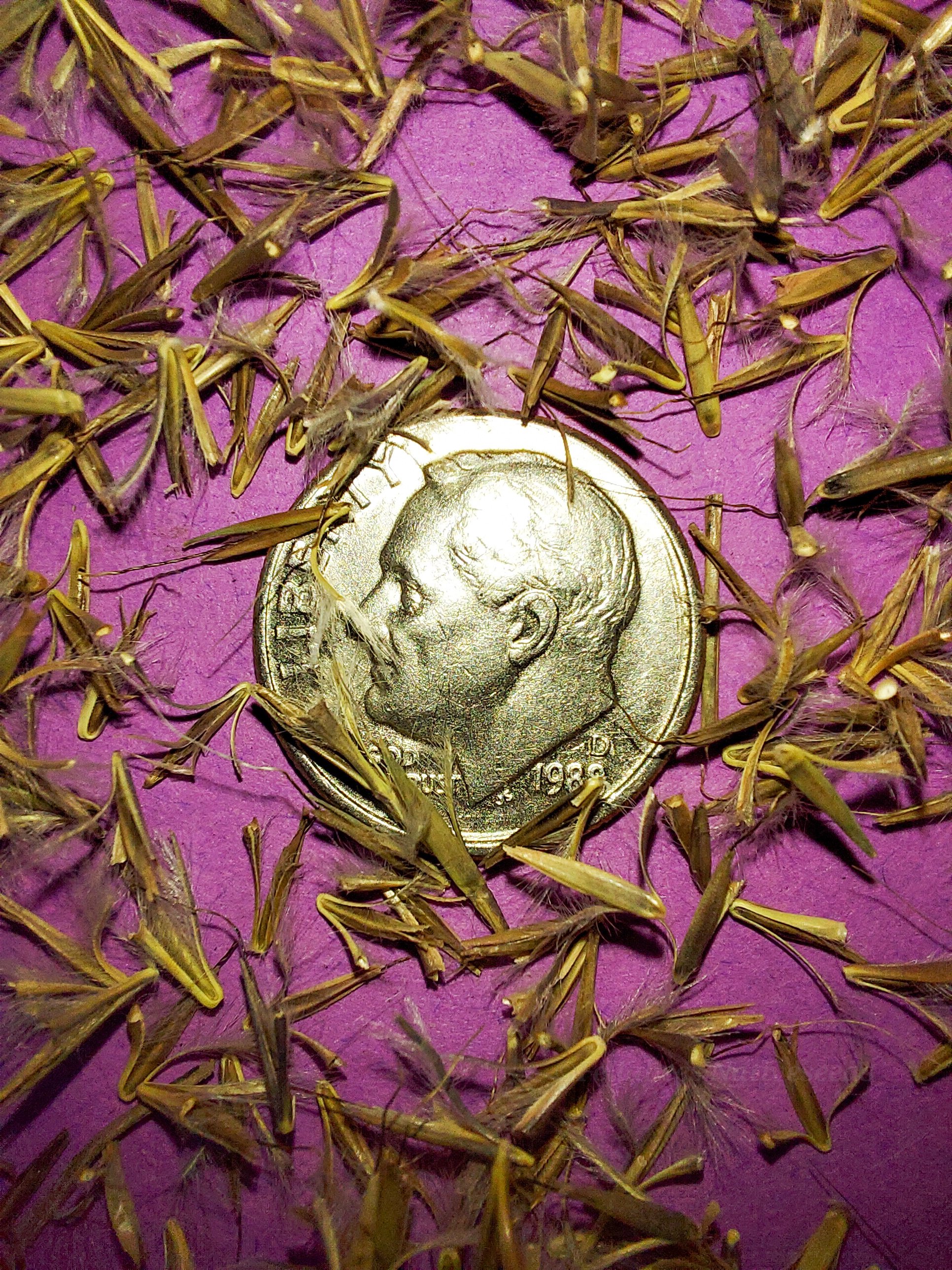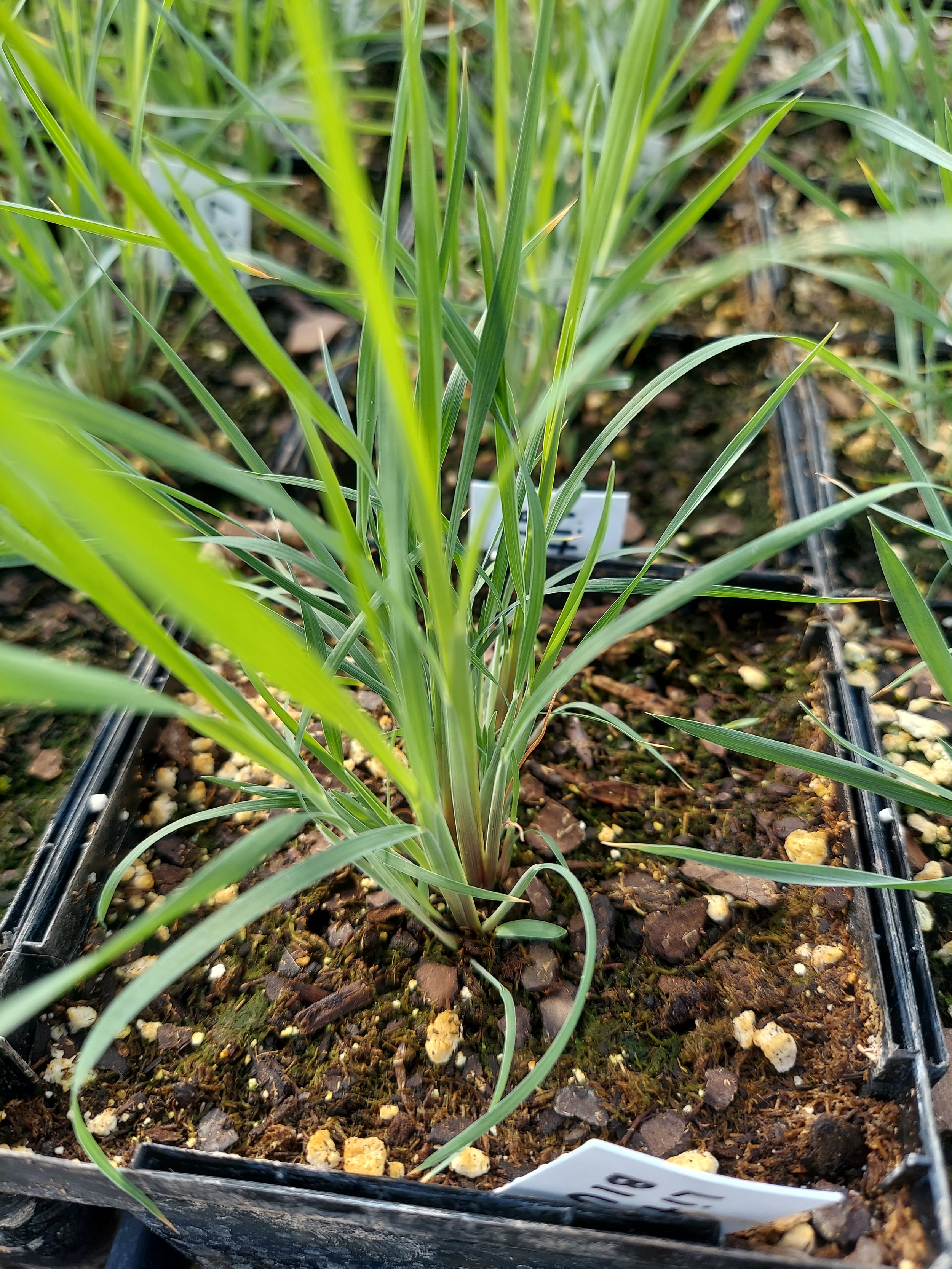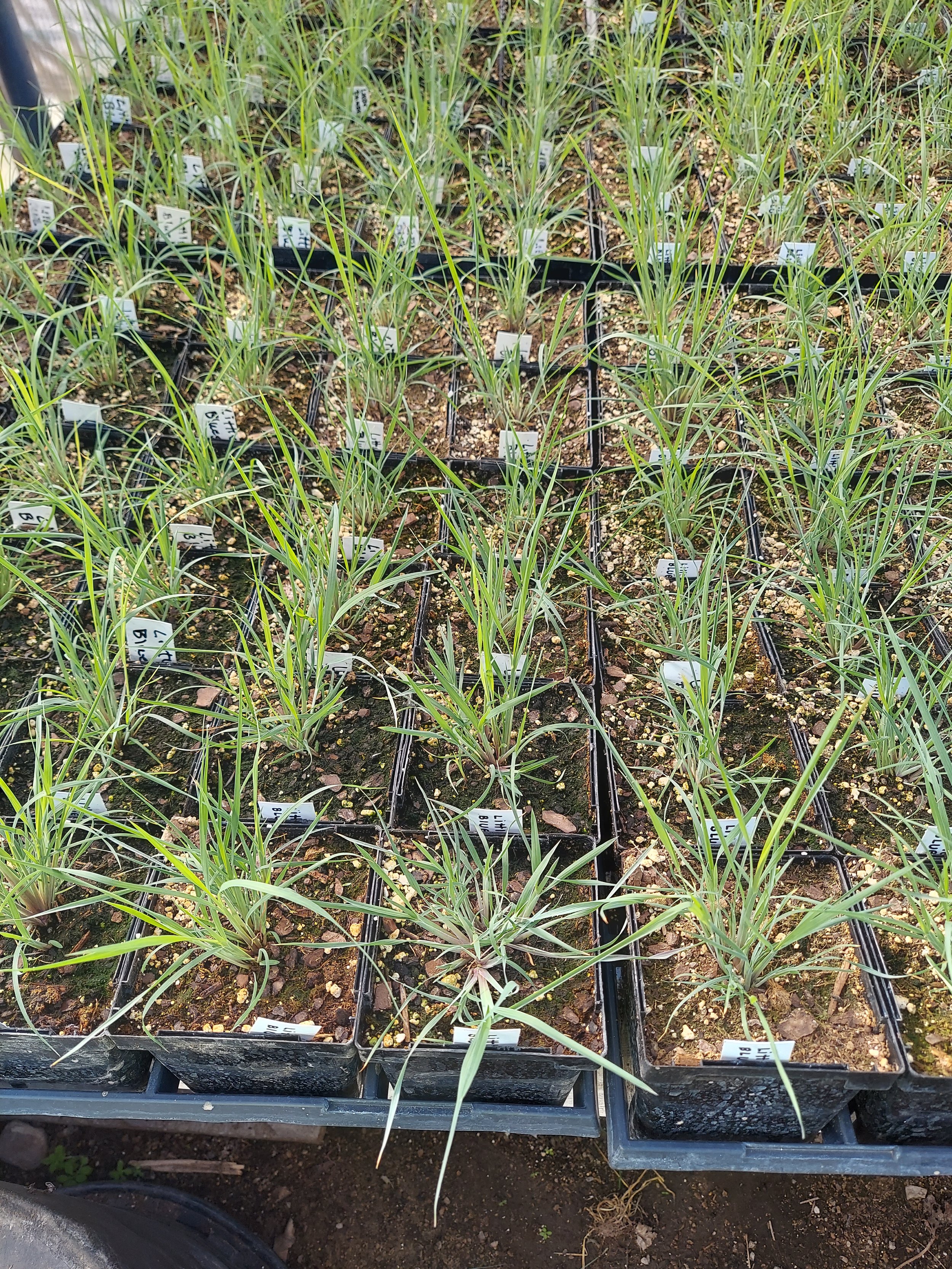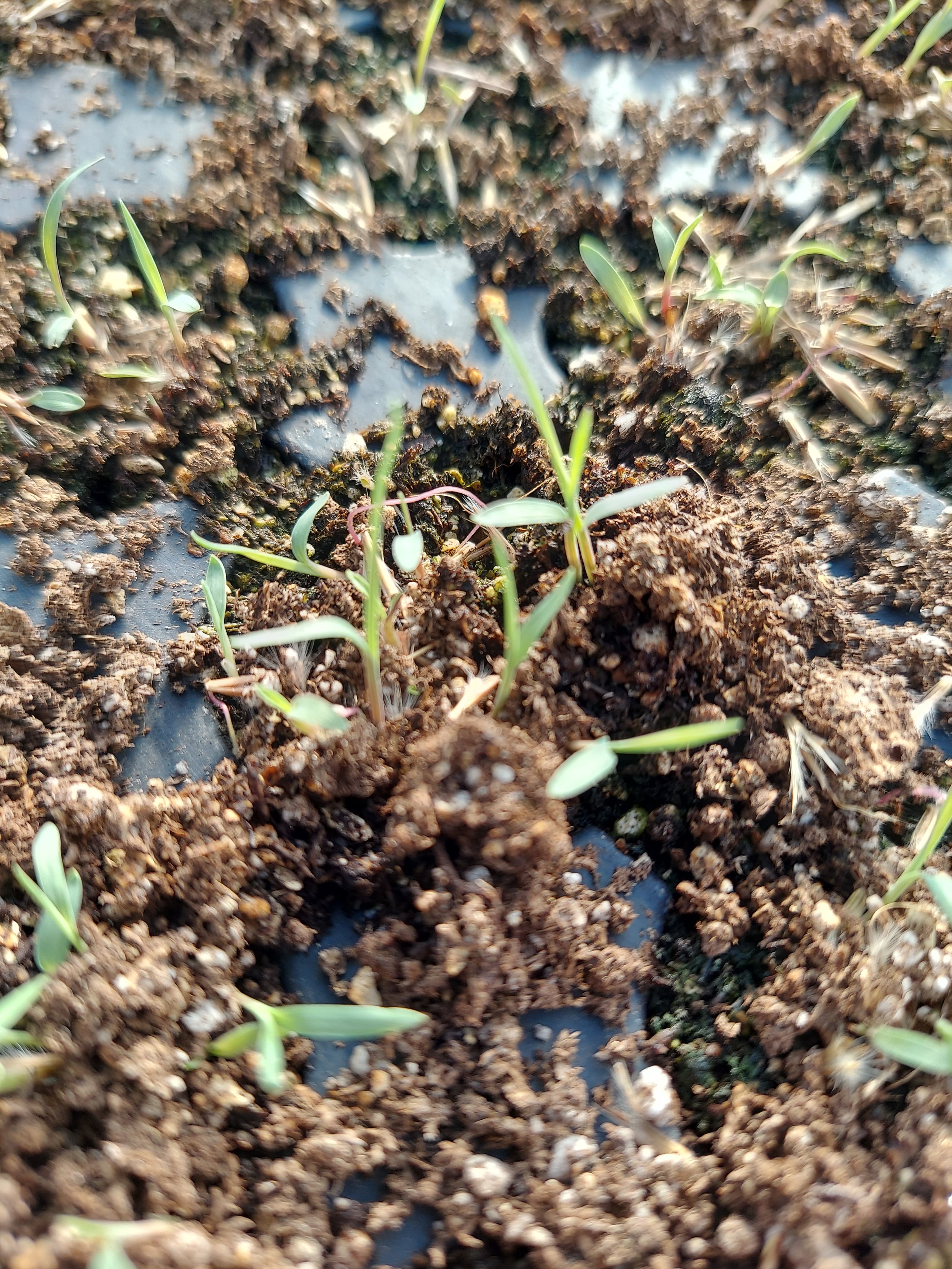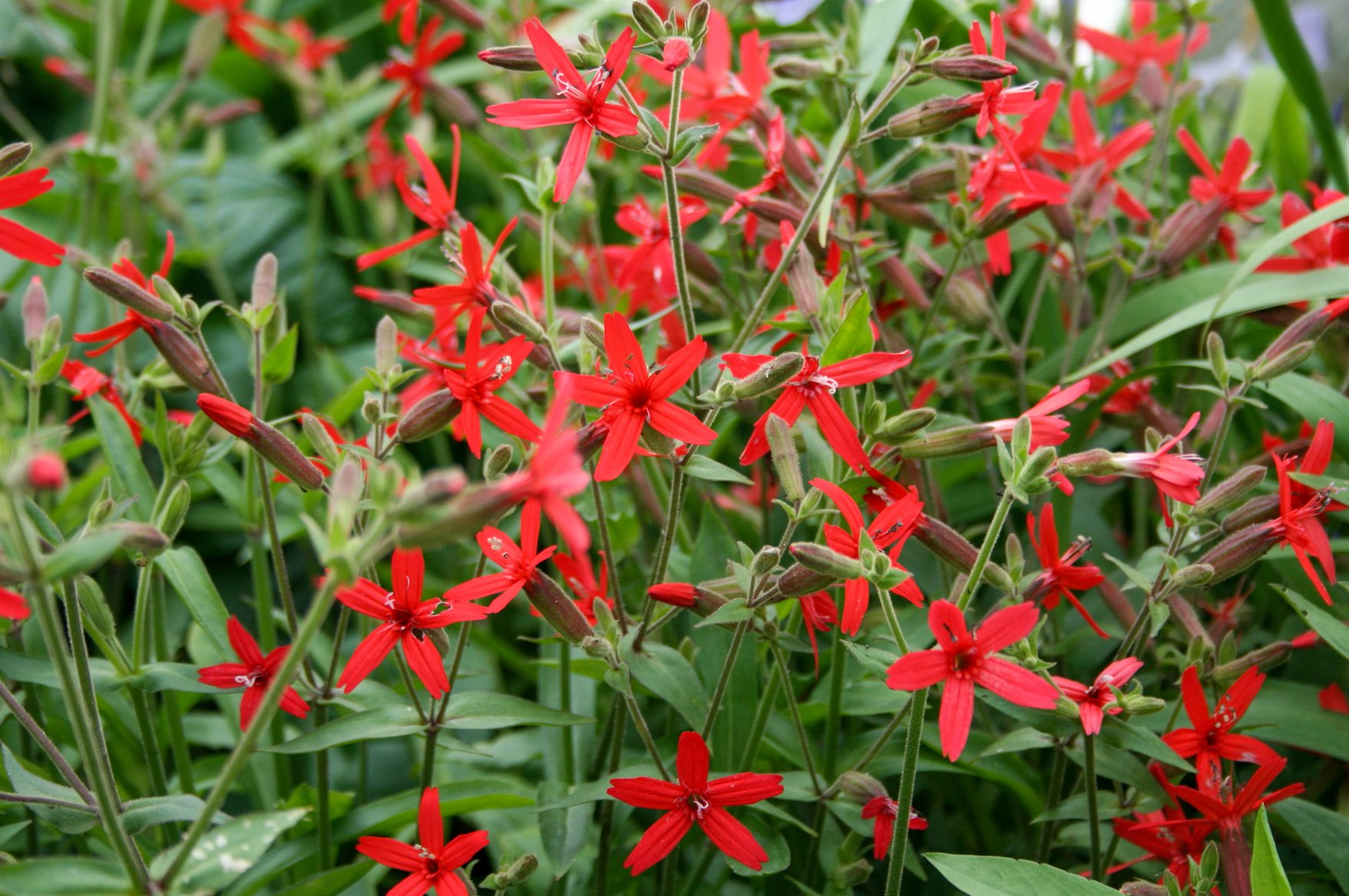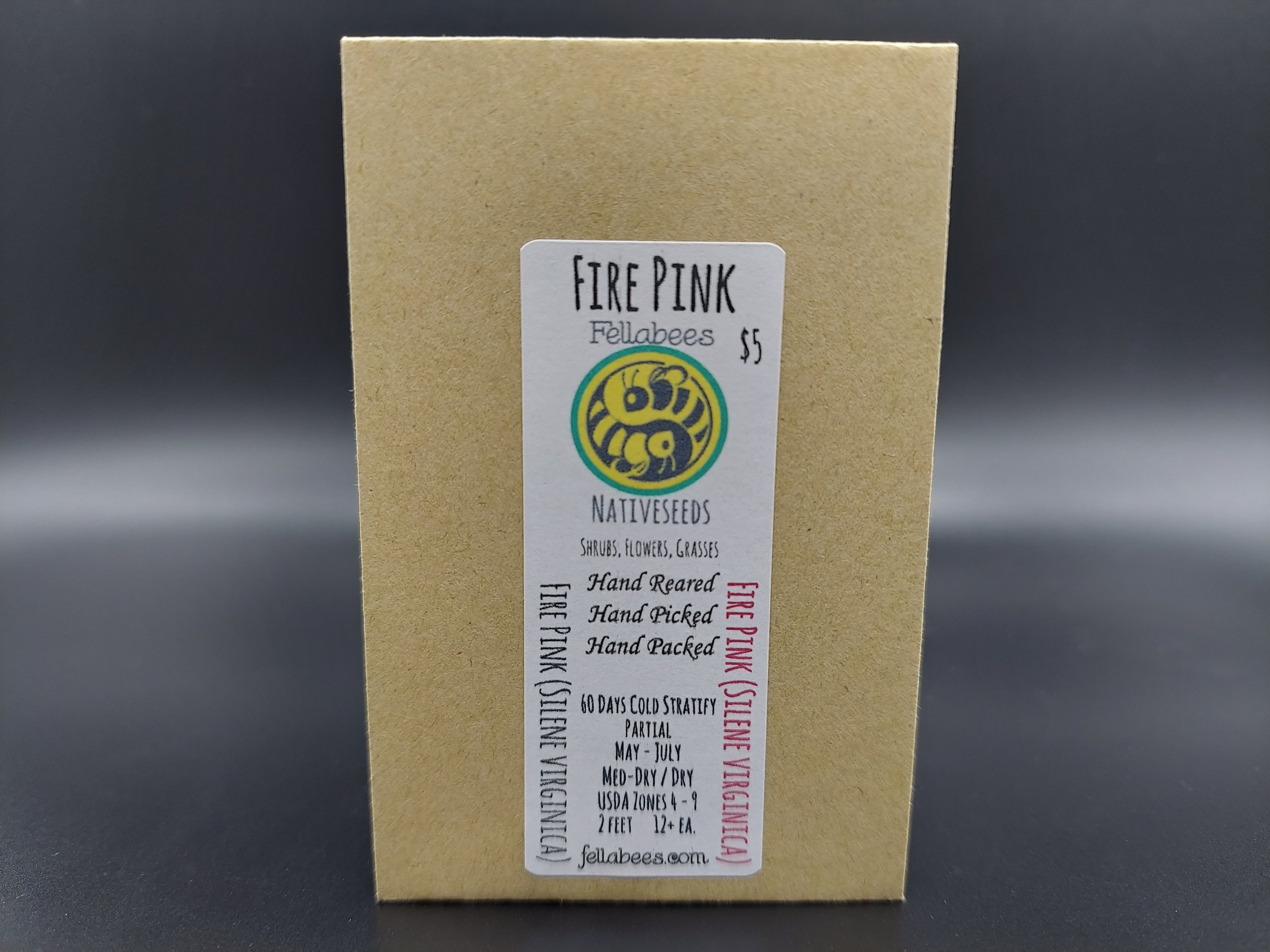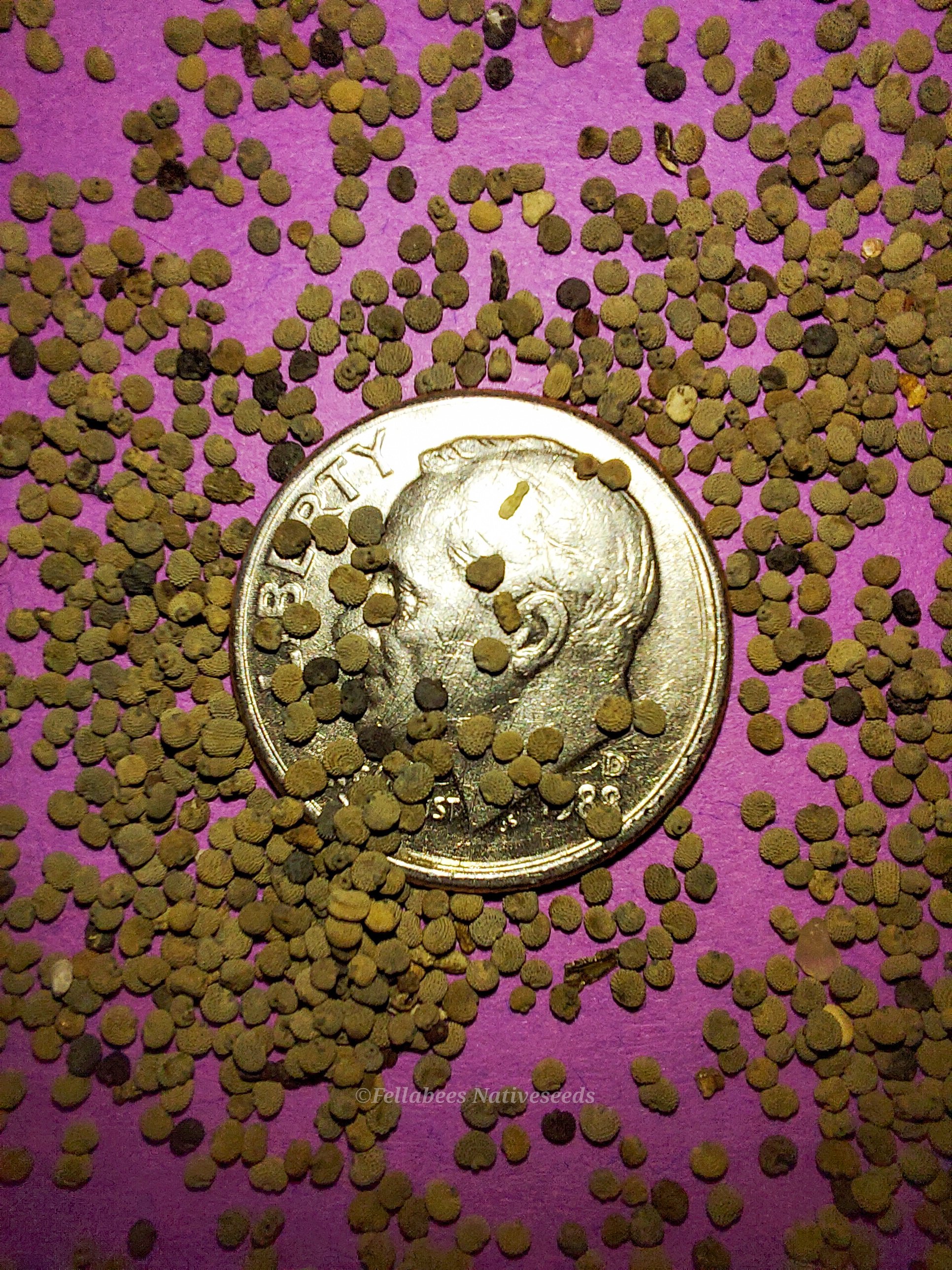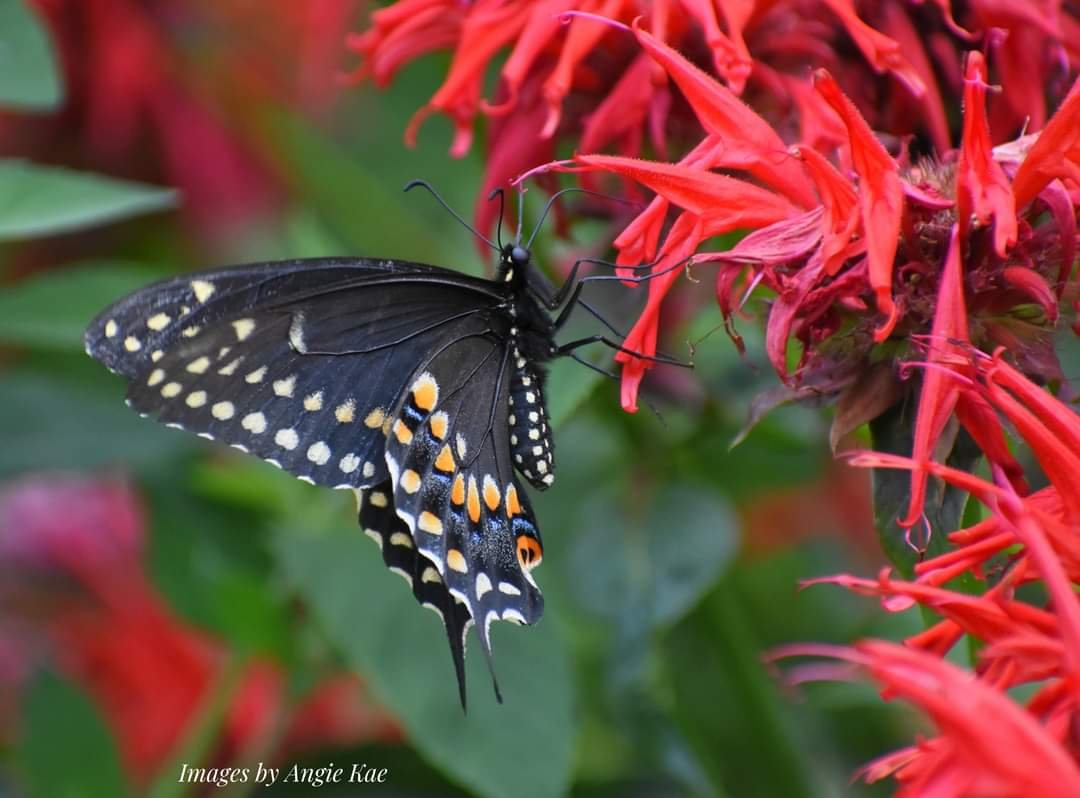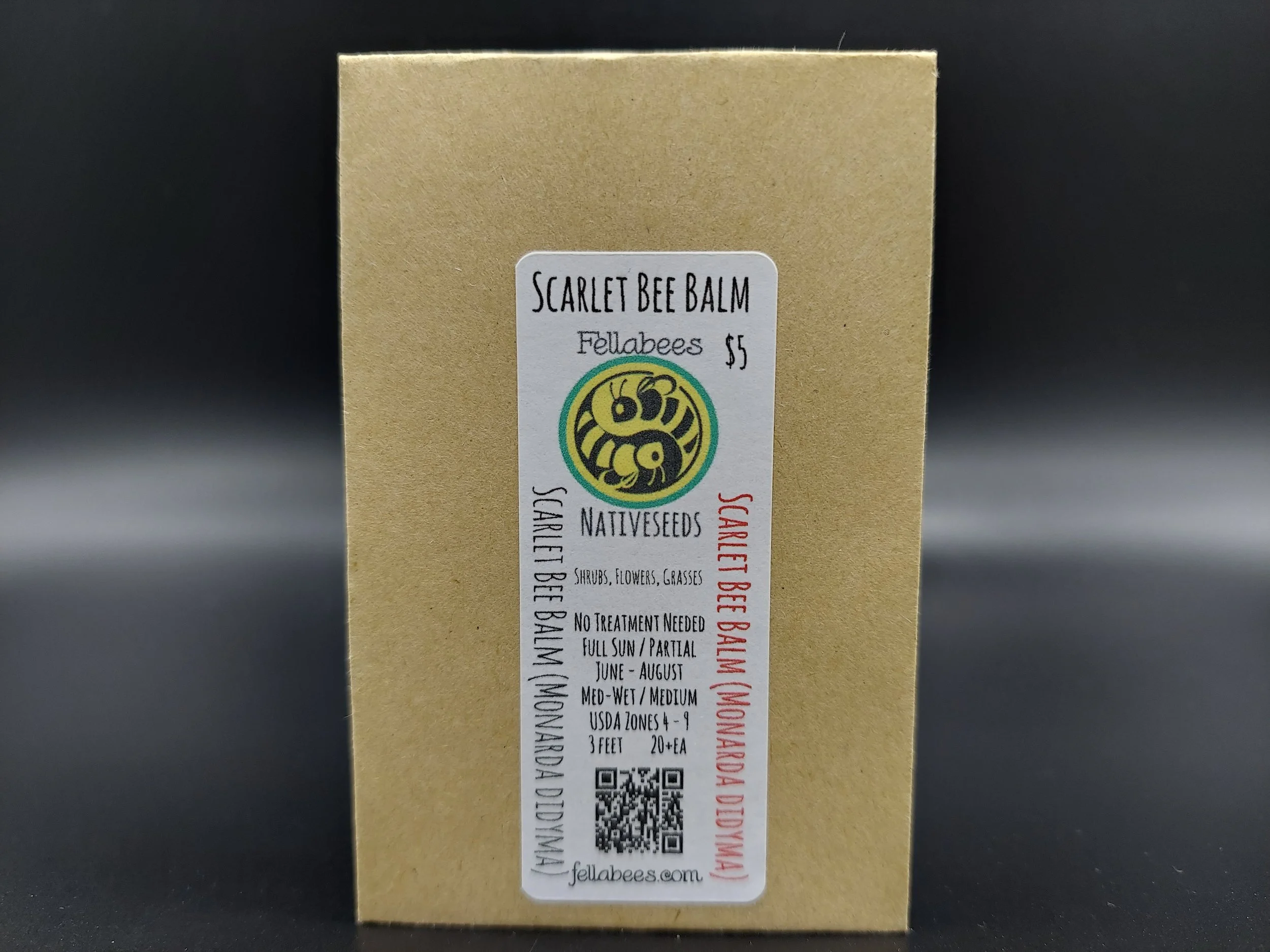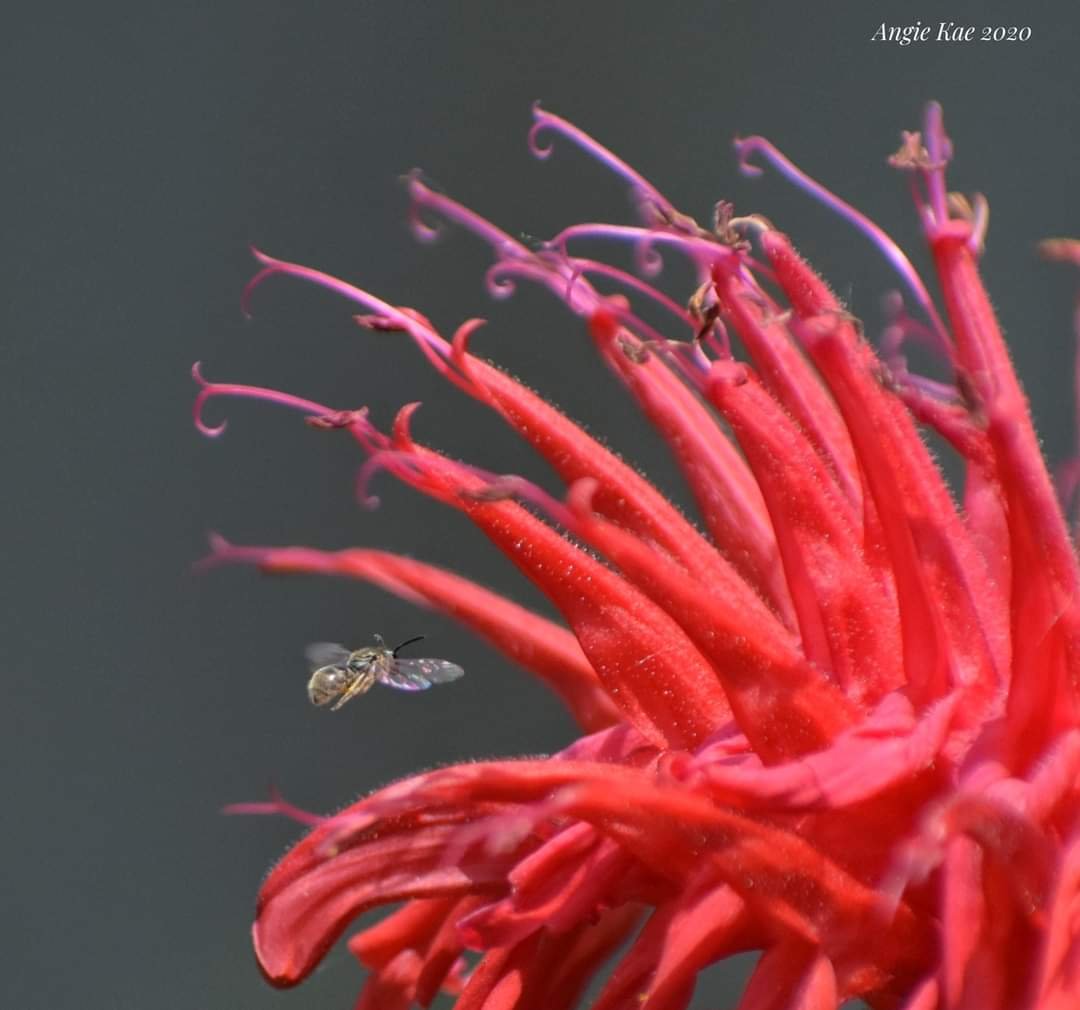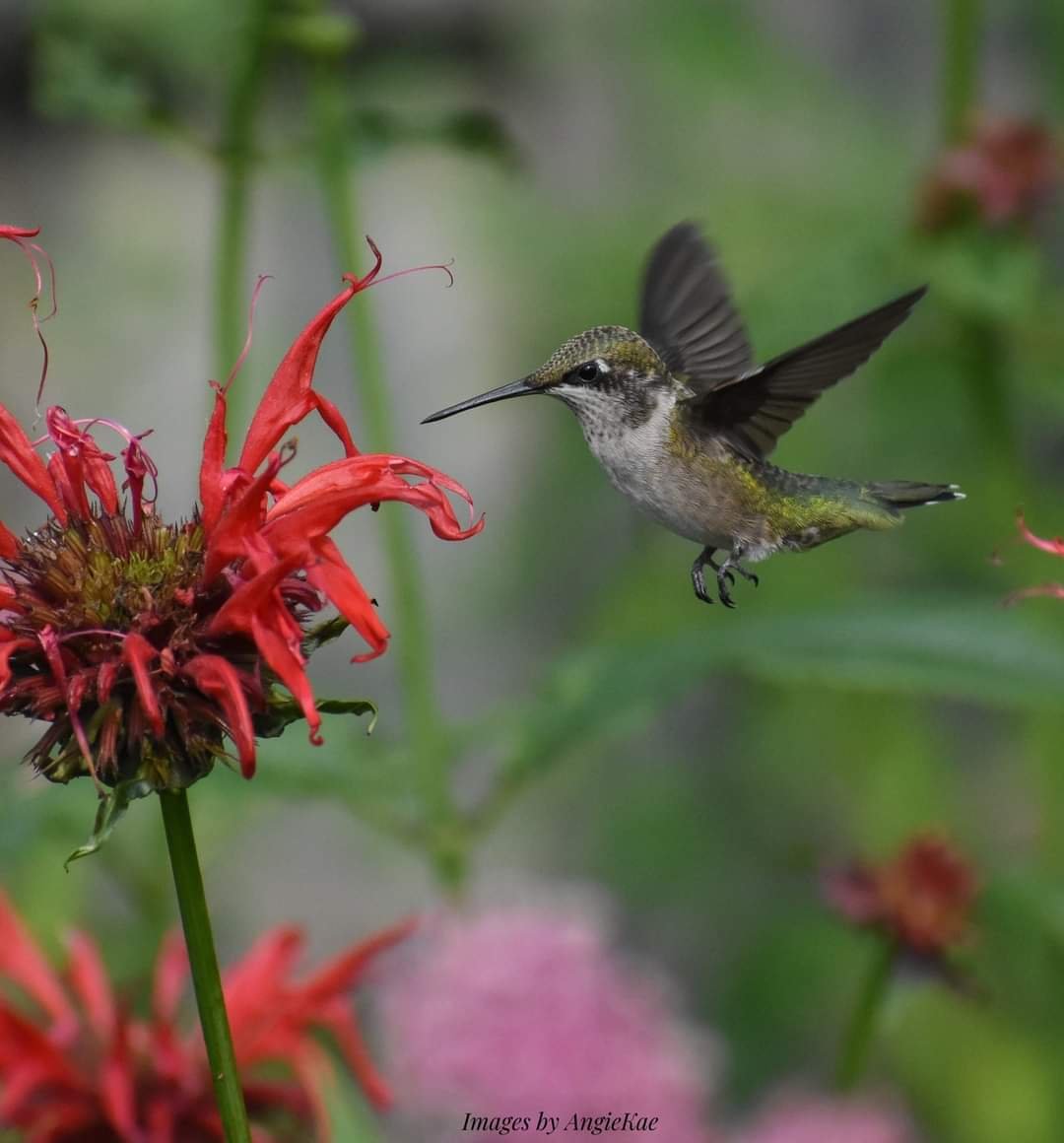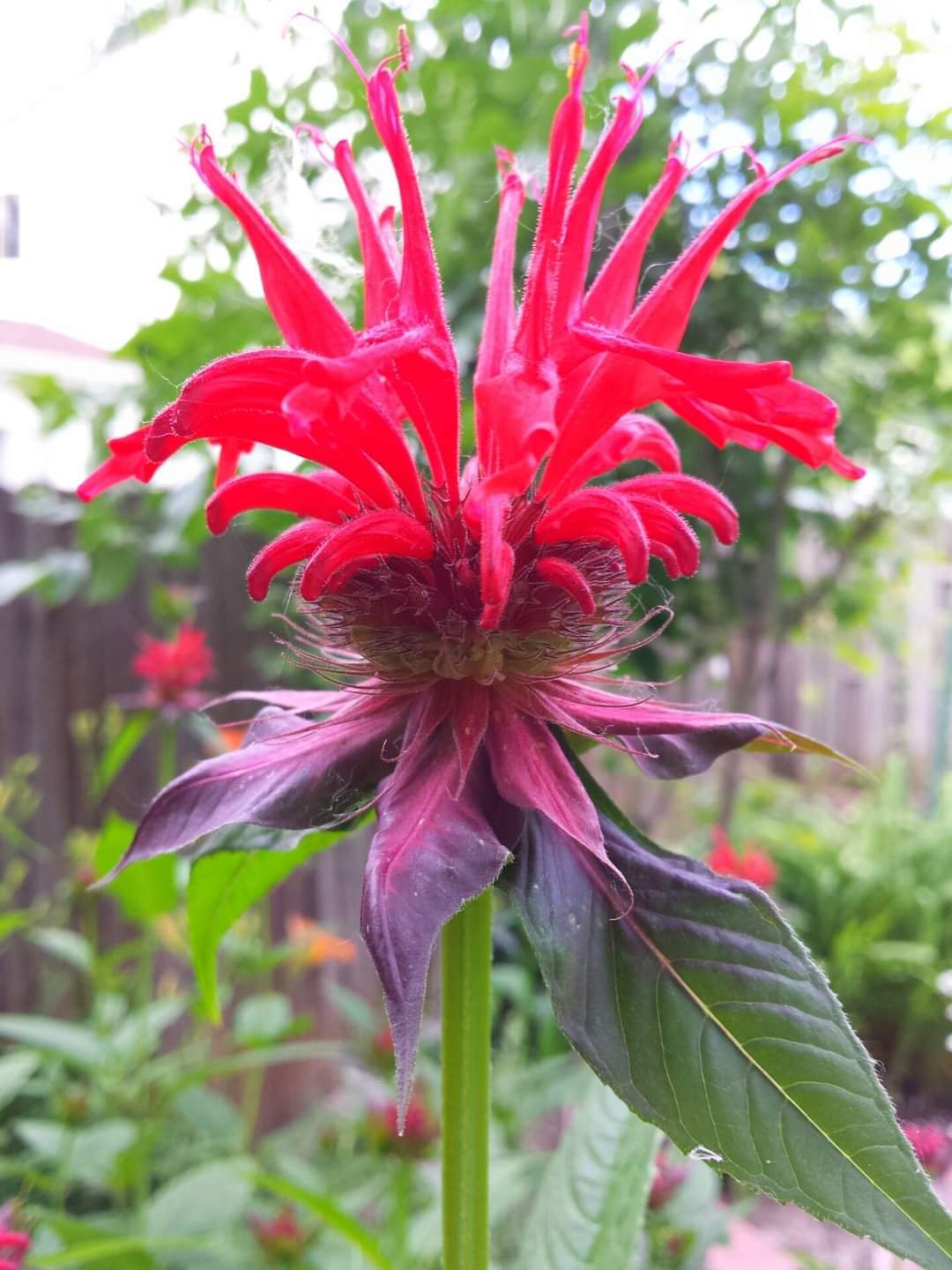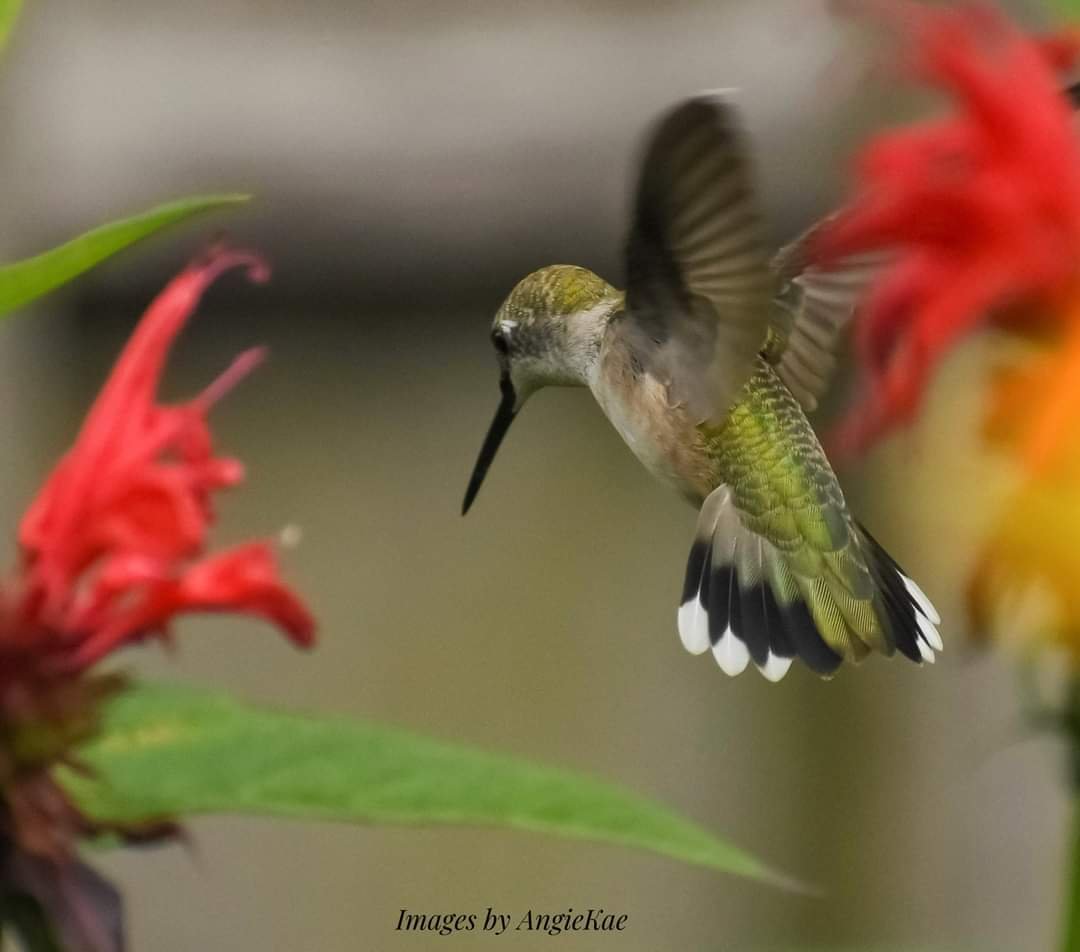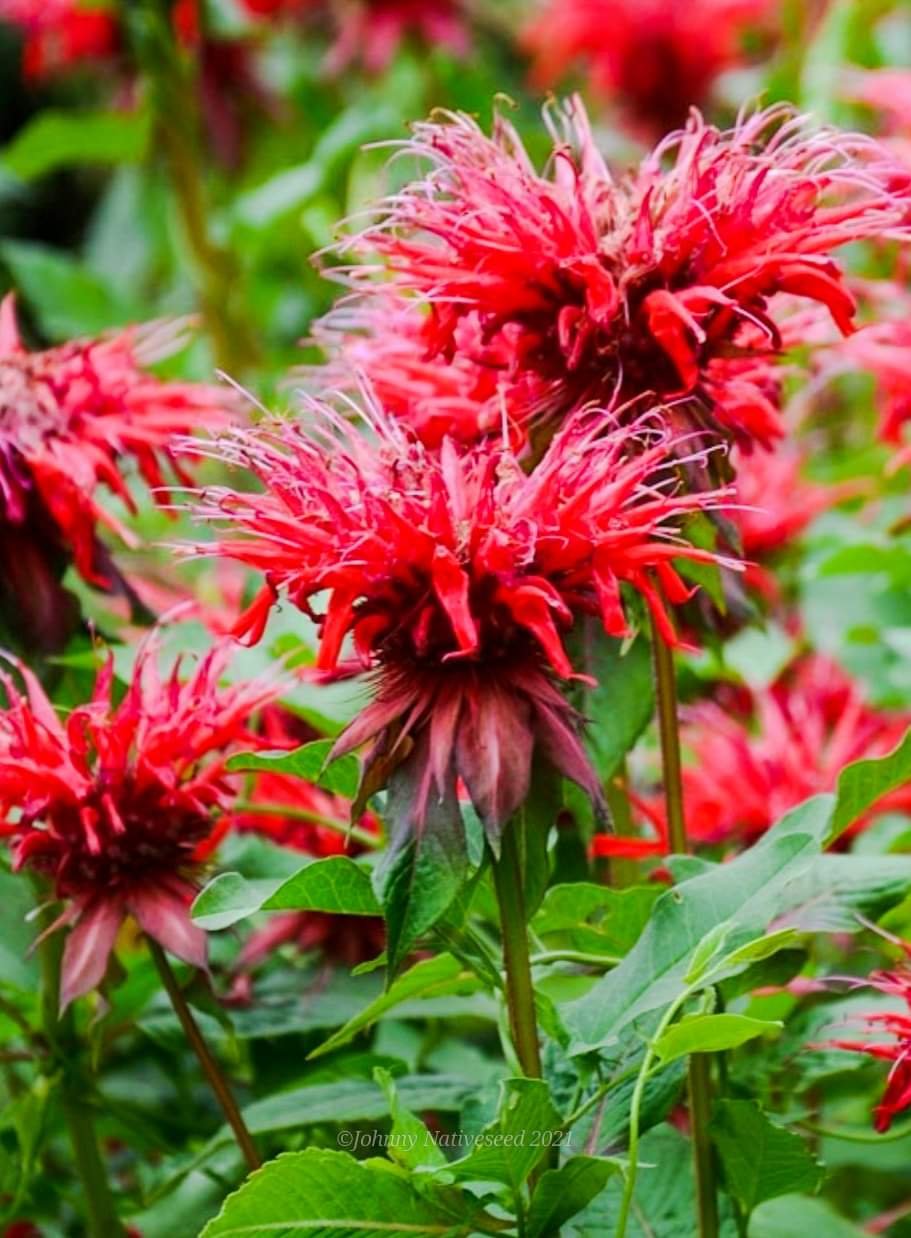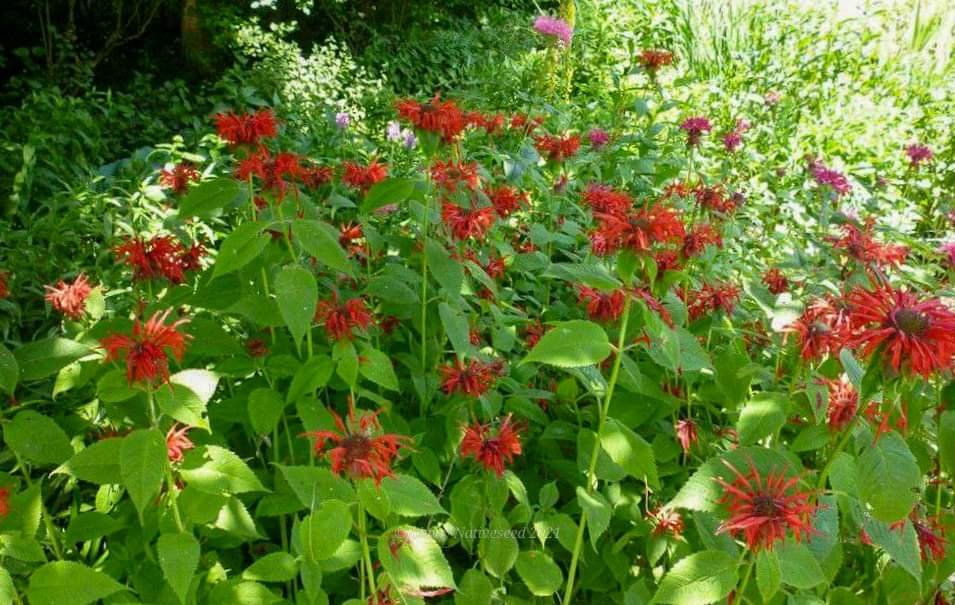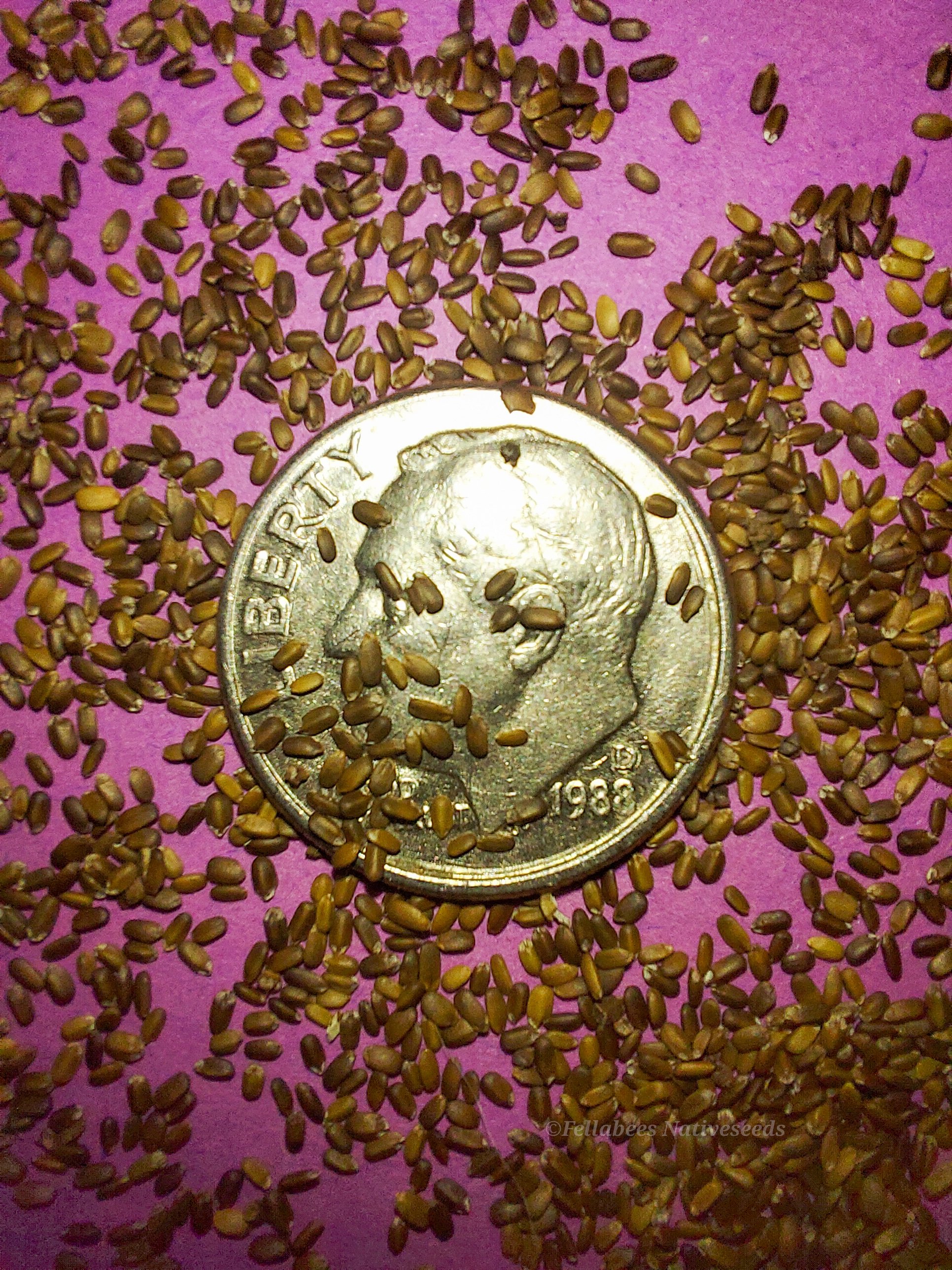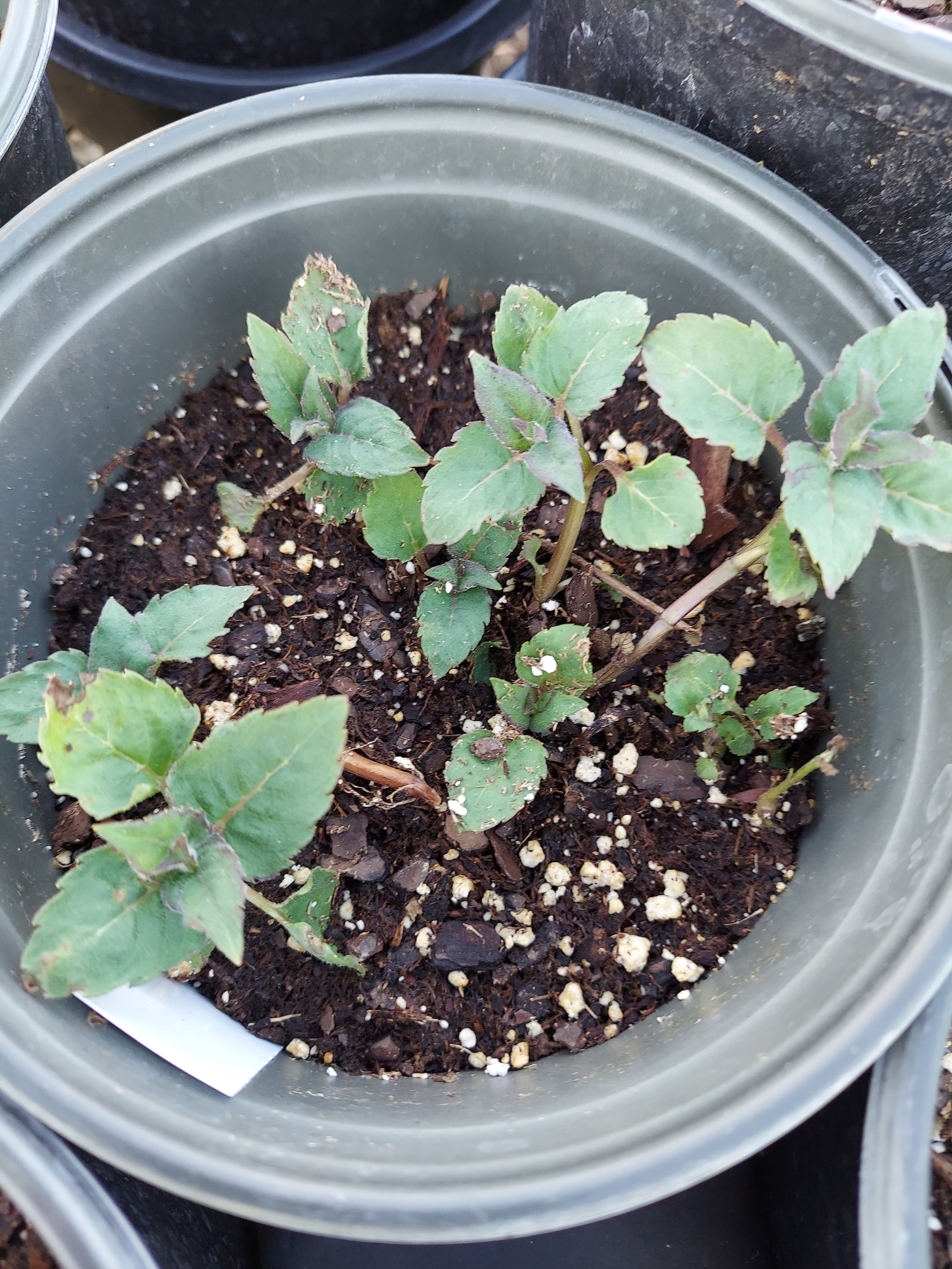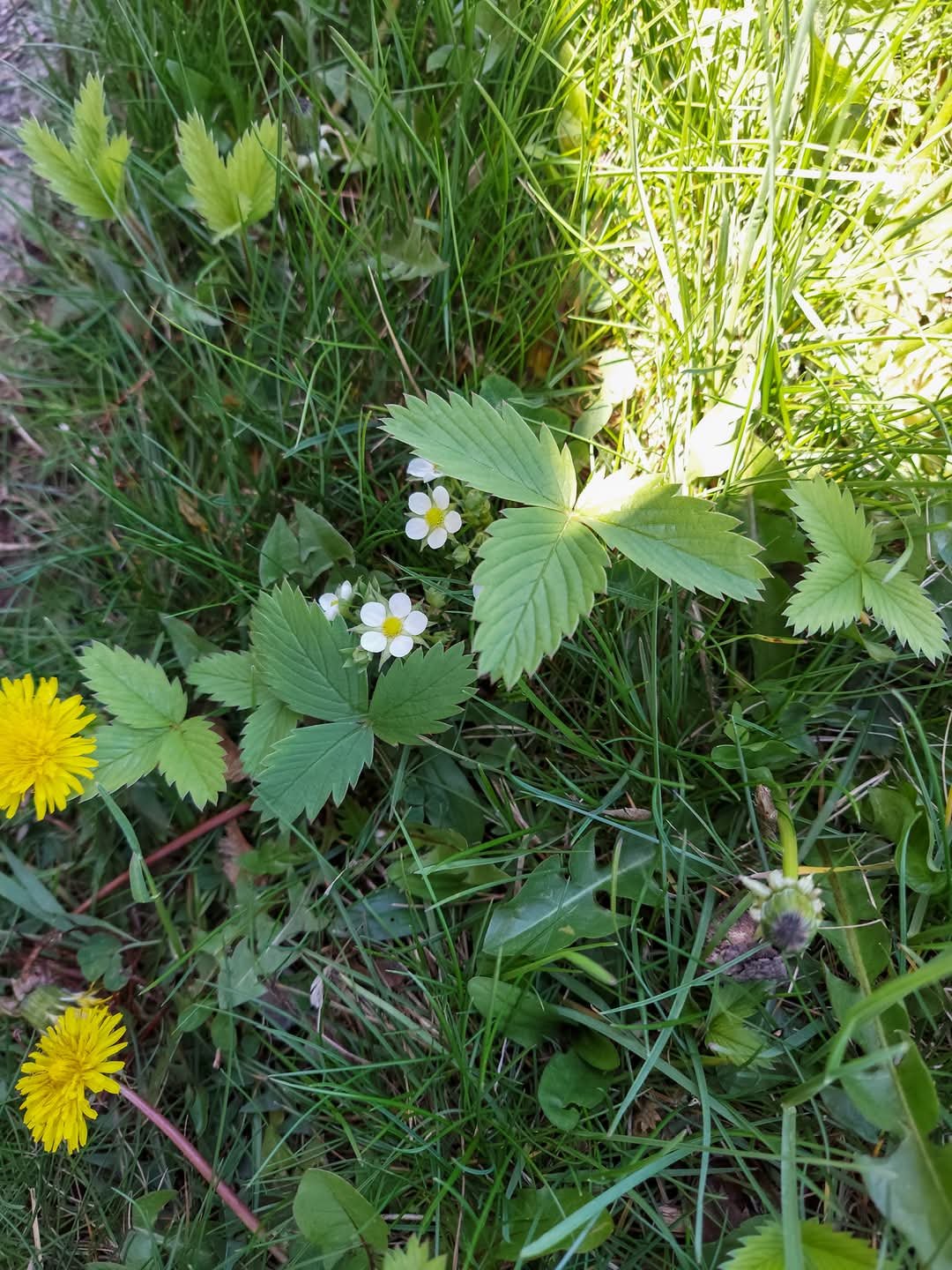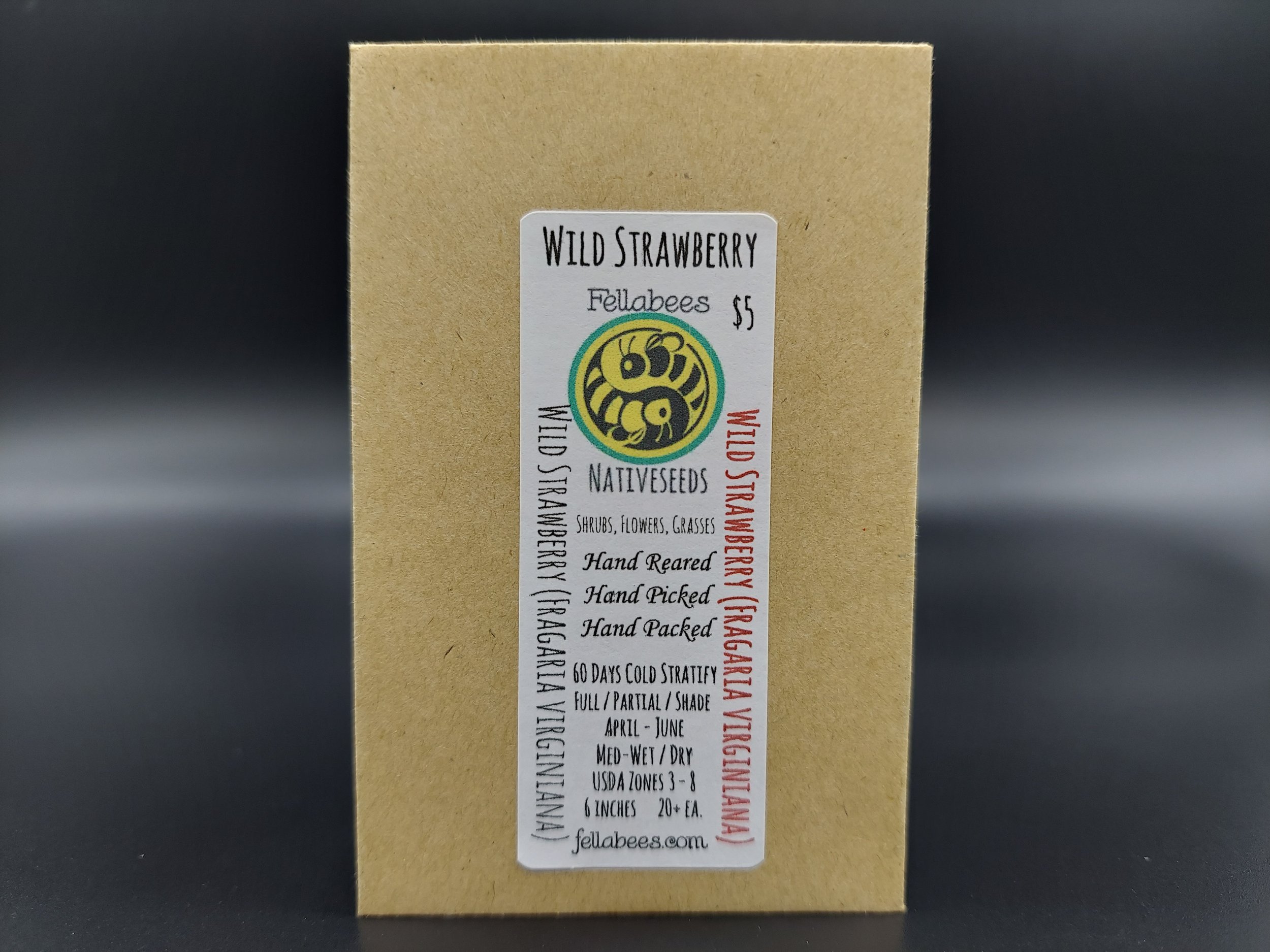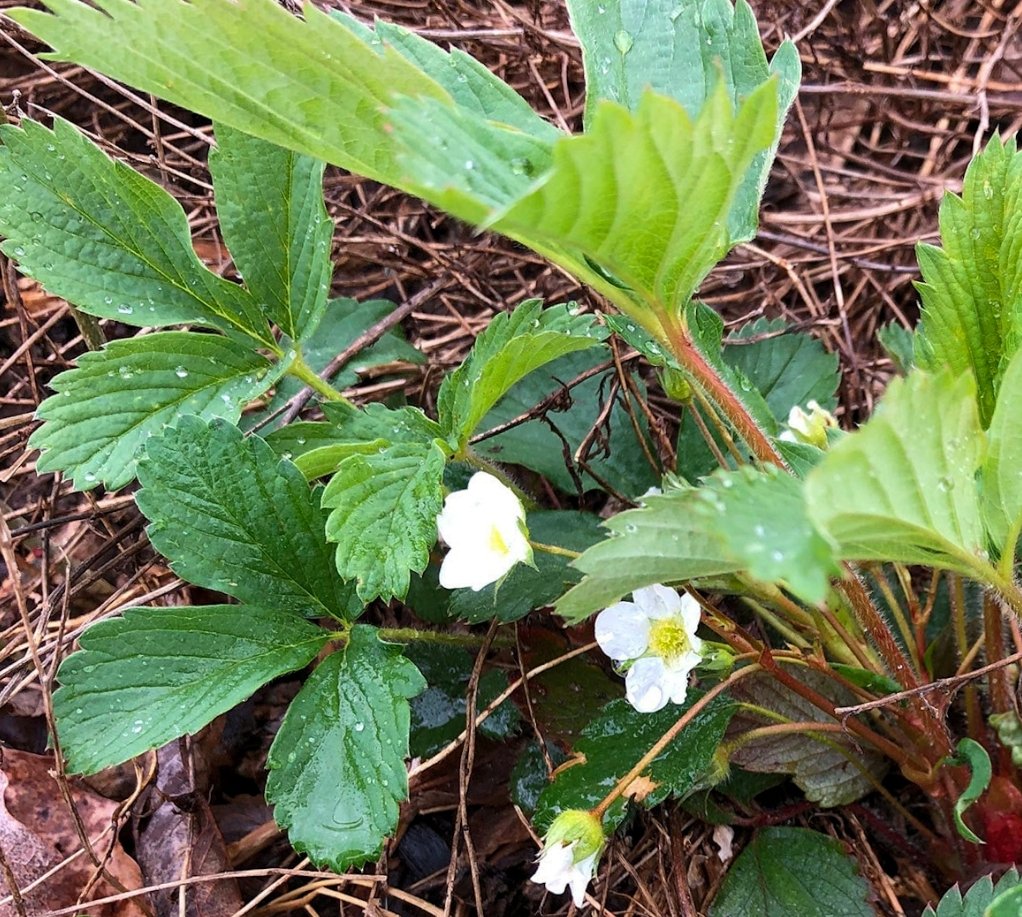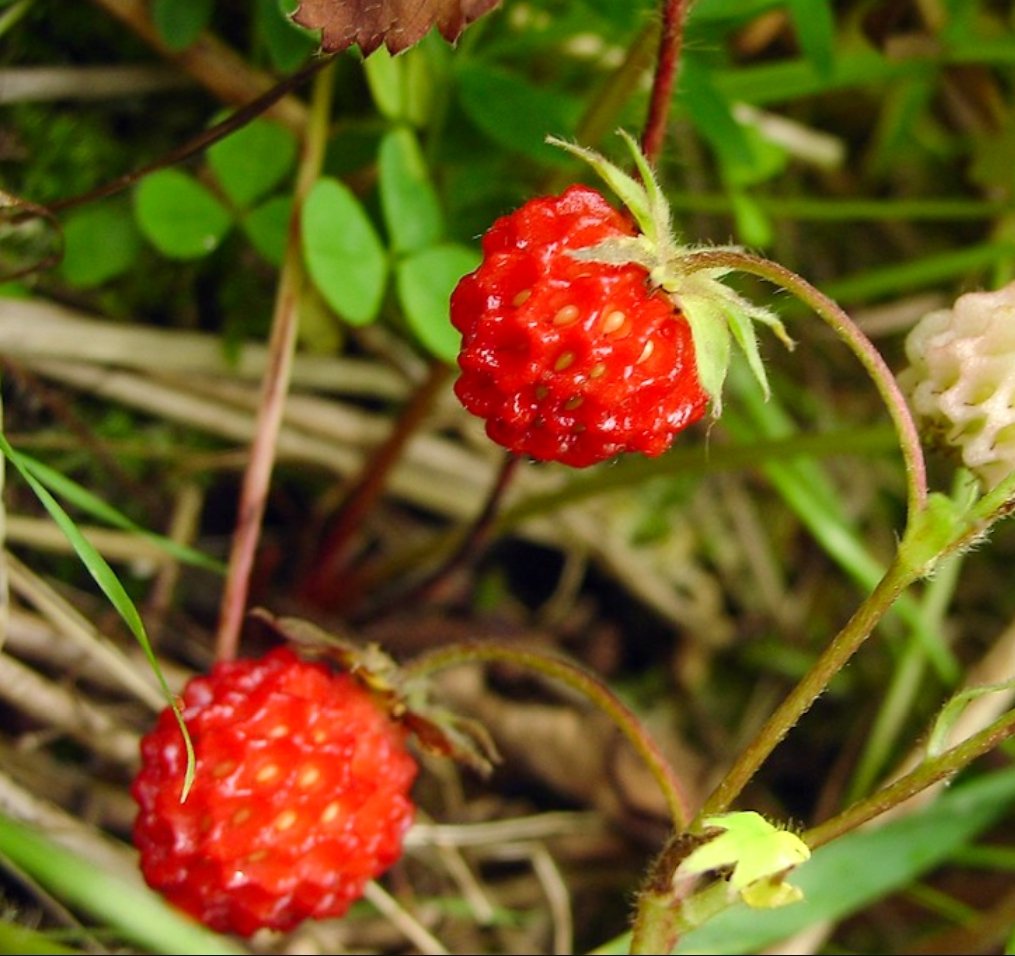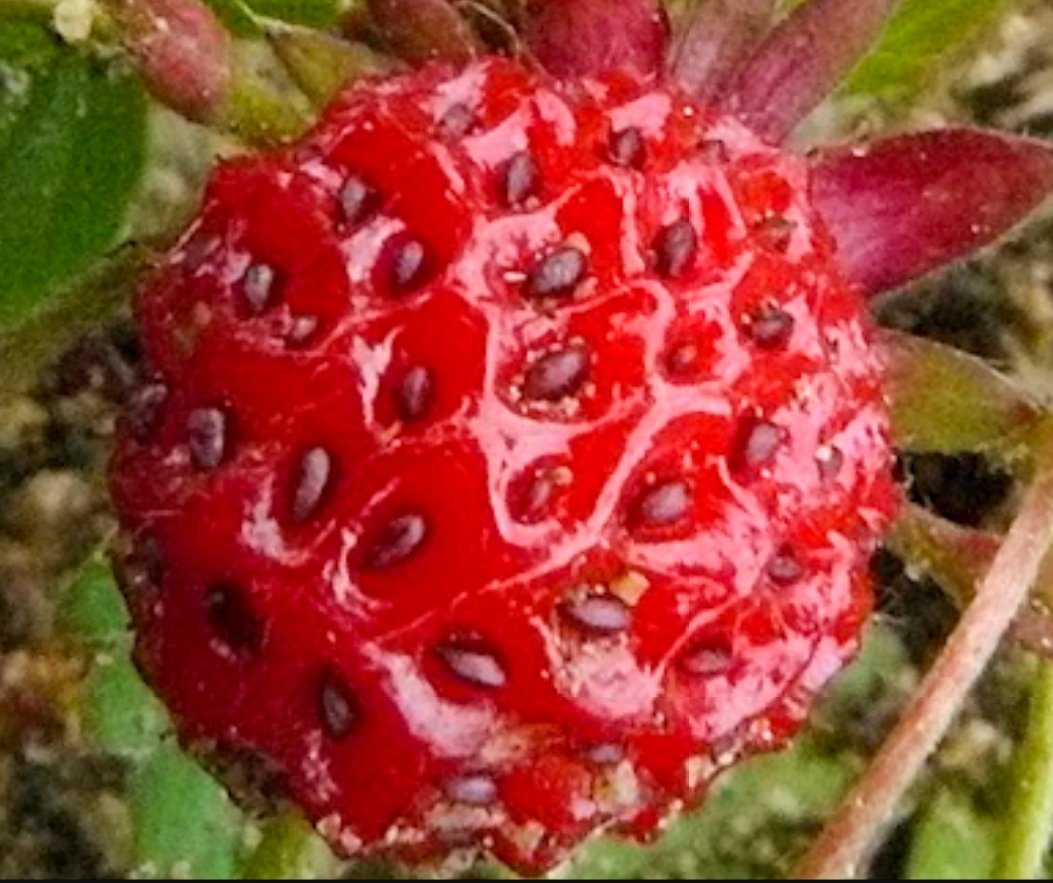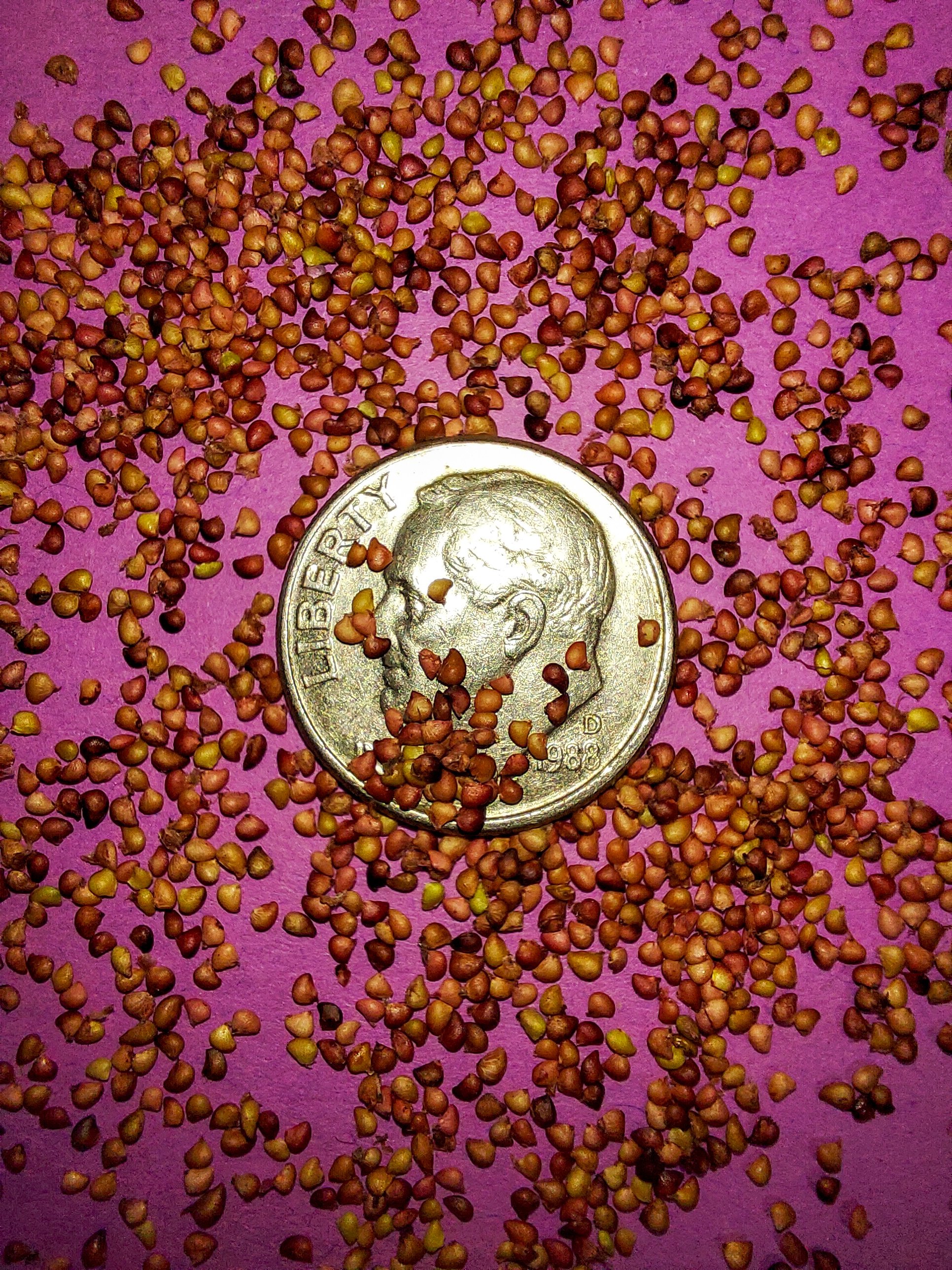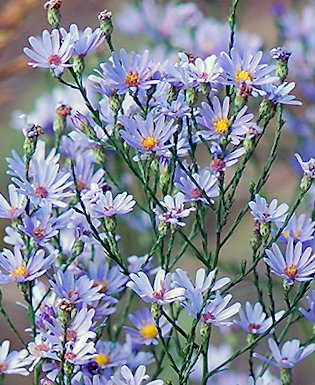 Image 1 of 7
Image 1 of 7

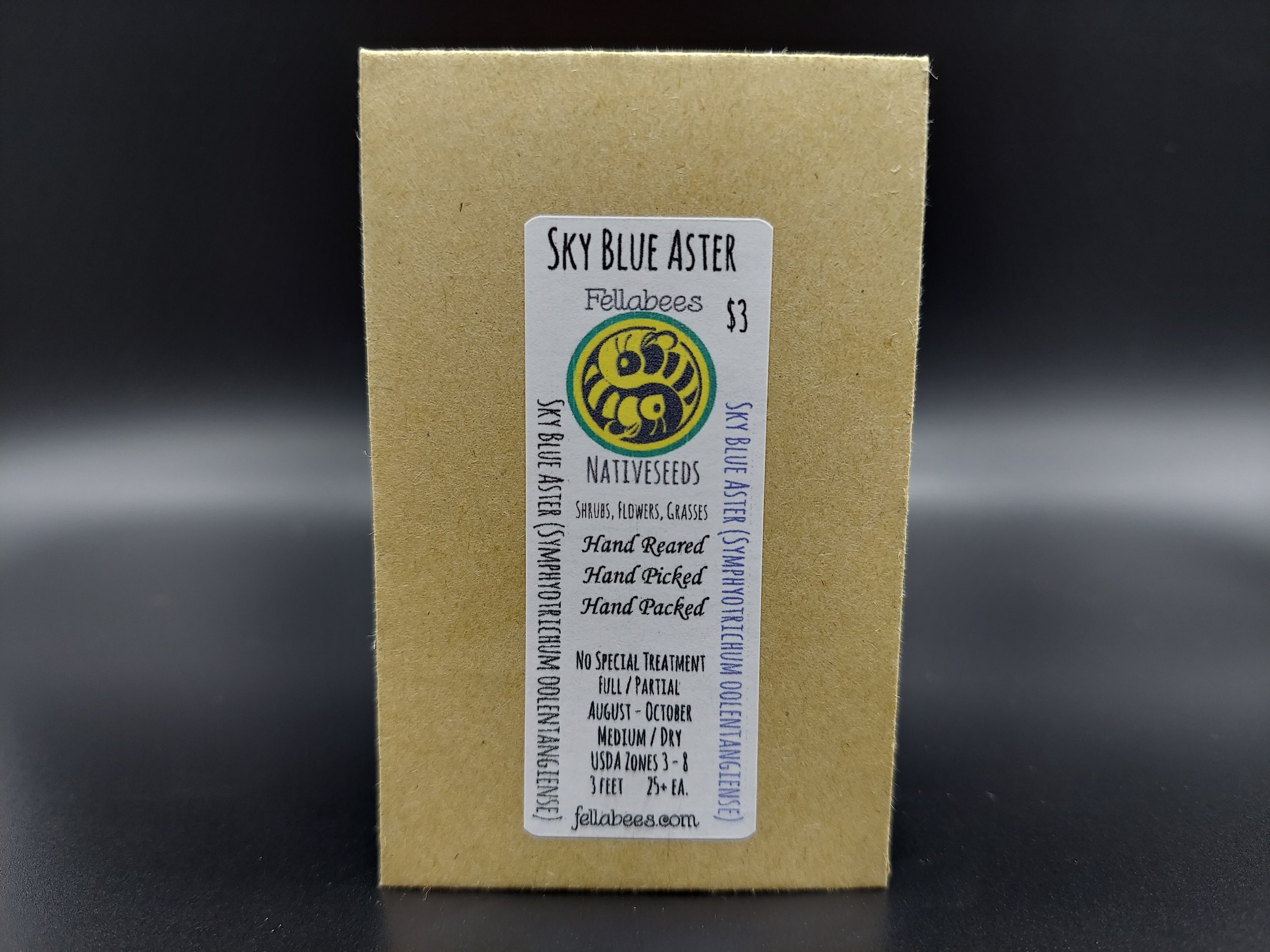 Image 2 of 7
Image 2 of 7

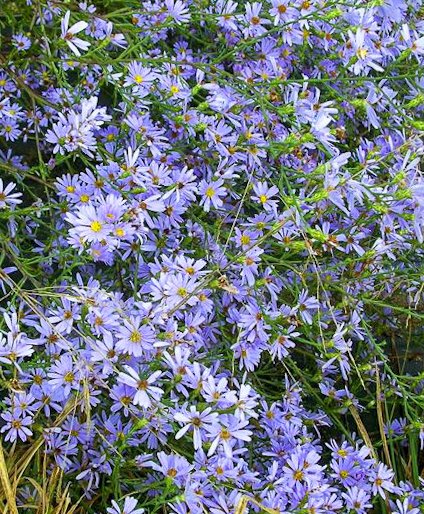 Image 3 of 7
Image 3 of 7

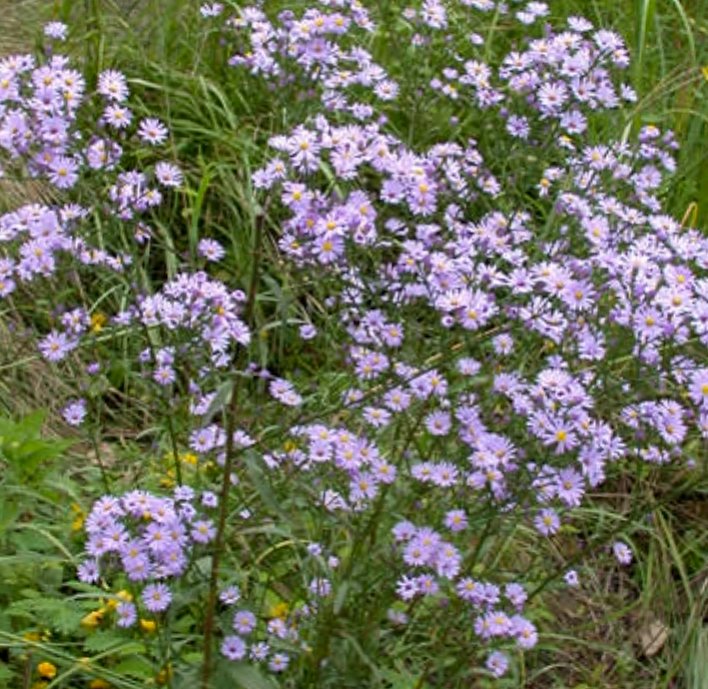 Image 4 of 7
Image 4 of 7

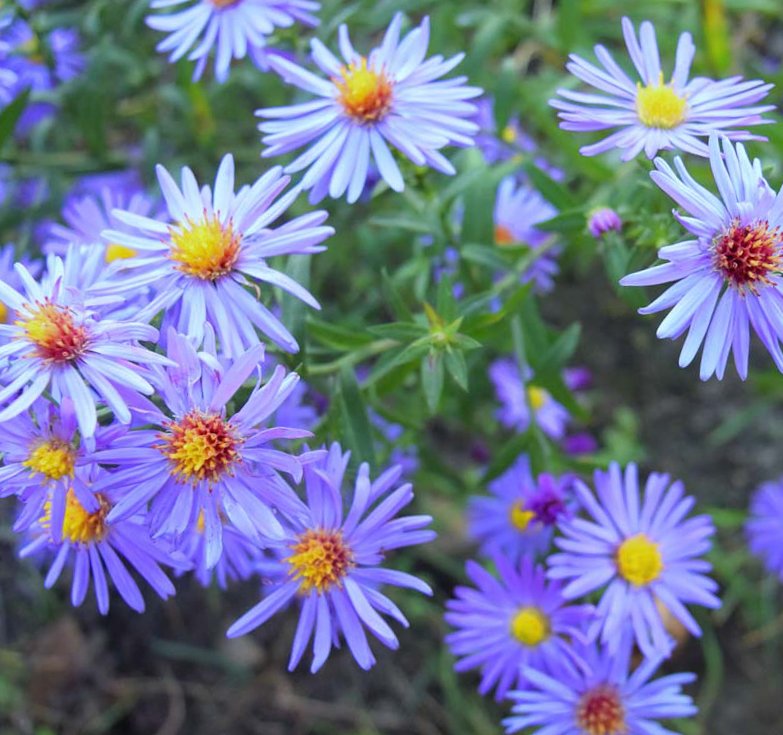 Image 5 of 7
Image 5 of 7

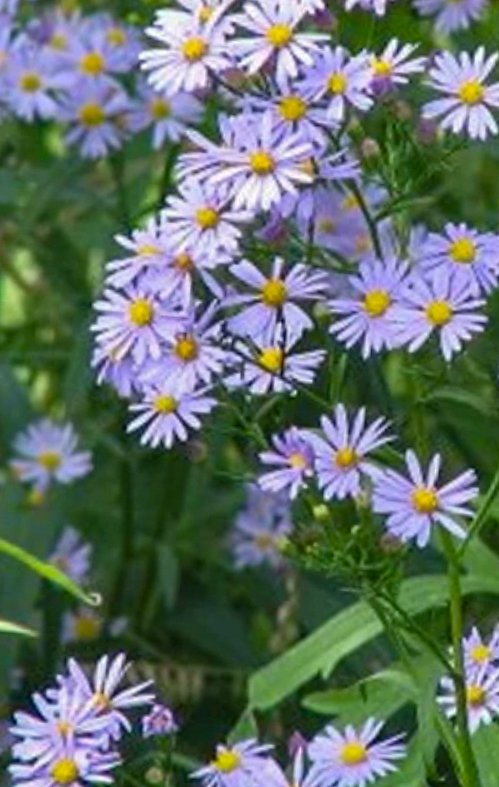 Image 6 of 7
Image 6 of 7

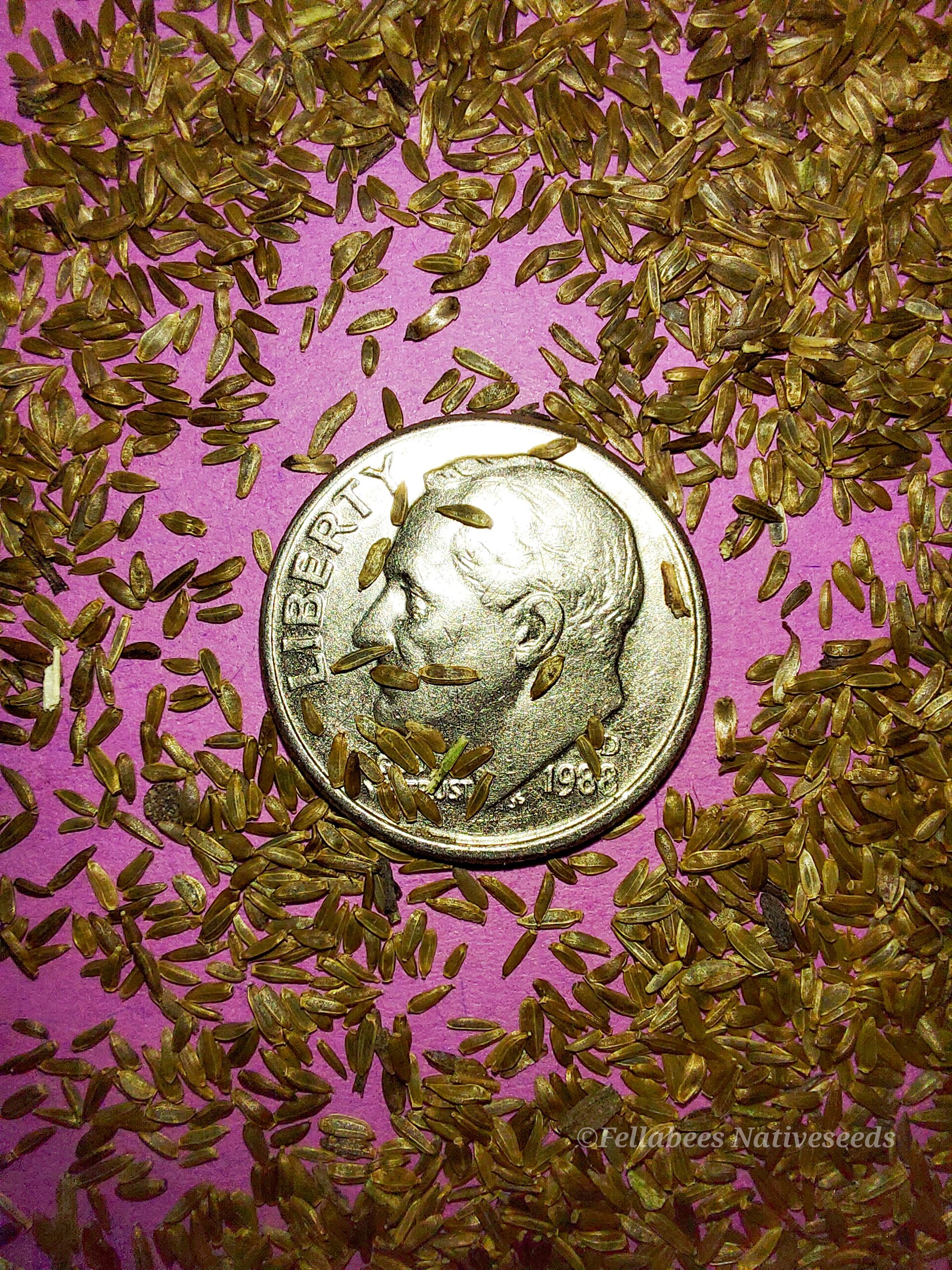 Image 7 of 7
Image 7 of 7








Sky Blue Aster (Symphyotrichum oolentangiense)
Sky Blue Aster (Symphyotrichum oolentangiense)
Symphyotrichum oolentangiense is the most recent scientific name for this beautiful native species. It has been formerly named as Aster oolentangiensis and Aster azureus, scientificly.
More commonly it is known as Sky Blue Aster and Azure Aster. Sky Blue Aster is a native species of flowering plant in the family Asteraceae endemic to eastern central North America.
Sky Blue Aster tends to grow 1 3⁄4 foot, up to 5 feet tall in favorable conditions with one or several herbaceous stems. The alternate and simple leaves have a rough texture. The composite flowers, produced between August and October, have blue to violet and even pinkish rays.
Sky Blue Aster is most commonly found in prairies, open woodlands, savannahs and other open habitats. It occurs widely in the Midwestern United States and in eastern prairies, from Texas to Minnesota. It also extends into Mexico in Coahuila and to Ontario in Canada.
The flowers of Sky Blue Aster attract a wide range of insect species, including bees, bee flies, butterflies, beetles, and pollinating predators such as wasps. A wide variety of herbivorous insects also consume the vegetation. The seeds are dispersed by wind, and hungry birds. The species is typical of higher quality natural areas, especially those with disturbances such as wildfire.
This species is present, native but rare in several counties of the states of New York, Kentucky, Tennessee, Alabama, Georgia, Florida, Nebraska, and South Dakota
Plant Details
USDA Zones: 3-8
Germination Needs: No special treatment needed, prefers to germinate in cool soil
Life Cycle: Perennial
Sun Exposure: Full to Partial
Soil Moisture: Medium, Medium-Dry, Dry
Plant Spacing: 1-2 feet
Height: 3 feet
Bloom time: August, September, October
Bloom Color: Blue
Advantages :
Pollinator Favorite: butterflies, moths, bees, wasps, beetles
Bird Favorite: seeds, insects, fruit, nectar, nesting, perchs.
Deer Resistant: Yes
Excellent in the home landscape!
Native to: Wisconsin, Minnesota, Iowa, Illinois, Indiana, Michigan, Ohio, New York, Kentucky, Tennessee, Georgia, Florida, Alabama, Mississippi, Louisiana, Arkansas, Texas, Oklahoma, Kansas, Nebraska, and South Dakota.
.
.
Packet quantities:
We pride ourselves on ethical, hands on, ecological management, using no mechanical or chemical methods whatsoever.
All of our native seed is hand reared, hand picked, and hand packed from native prairies under our exclusive management, never breaking chain of custody from the field until it is sent to you. Each packet is hand prepared for shipment by us, directly.
Small seed species will contain greater than 20-25 seed
Large seed species will contain greater than 10-15 seed
It is our mission to spread the wealth of native plant and pollinator ecological sustainability, and educate back yard gardeners as well as corporate and government entities in how to germinate, grow, and benefit from native synergies.
Thank you for your support, it is because of you, that we can grow together to do, what we do.🐛🦋🐝🐞🌾🌱🌼🧡
Sky Blue Aster (Symphyotrichum oolentangiense)
Symphyotrichum oolentangiense is the most recent scientific name for this beautiful native species. It has been formerly named as Aster oolentangiensis and Aster azureus, scientificly.
More commonly it is known as Sky Blue Aster and Azure Aster. Sky Blue Aster is a native species of flowering plant in the family Asteraceae endemic to eastern central North America.
Sky Blue Aster tends to grow 1 3⁄4 foot, up to 5 feet tall in favorable conditions with one or several herbaceous stems. The alternate and simple leaves have a rough texture. The composite flowers, produced between August and October, have blue to violet and even pinkish rays.
Sky Blue Aster is most commonly found in prairies, open woodlands, savannahs and other open habitats. It occurs widely in the Midwestern United States and in eastern prairies, from Texas to Minnesota. It also extends into Mexico in Coahuila and to Ontario in Canada.
The flowers of Sky Blue Aster attract a wide range of insect species, including bees, bee flies, butterflies, beetles, and pollinating predators such as wasps. A wide variety of herbivorous insects also consume the vegetation. The seeds are dispersed by wind, and hungry birds. The species is typical of higher quality natural areas, especially those with disturbances such as wildfire.
This species is present, native but rare in several counties of the states of New York, Kentucky, Tennessee, Alabama, Georgia, Florida, Nebraska, and South Dakota
Plant Details
USDA Zones: 3-8
Germination Needs: No special treatment needed, prefers to germinate in cool soil
Life Cycle: Perennial
Sun Exposure: Full to Partial
Soil Moisture: Medium, Medium-Dry, Dry
Plant Spacing: 1-2 feet
Height: 3 feet
Bloom time: August, September, October
Bloom Color: Blue
Advantages :
Pollinator Favorite: butterflies, moths, bees, wasps, beetles
Bird Favorite: seeds, insects, fruit, nectar, nesting, perchs.
Deer Resistant: Yes
Excellent in the home landscape!
Native to: Wisconsin, Minnesota, Iowa, Illinois, Indiana, Michigan, Ohio, New York, Kentucky, Tennessee, Georgia, Florida, Alabama, Mississippi, Louisiana, Arkansas, Texas, Oklahoma, Kansas, Nebraska, and South Dakota.
.
.
Packet quantities:
We pride ourselves on ethical, hands on, ecological management, using no mechanical or chemical methods whatsoever.
All of our native seed is hand reared, hand picked, and hand packed from native prairies under our exclusive management, never breaking chain of custody from the field until it is sent to you. Each packet is hand prepared for shipment by us, directly.
Small seed species will contain greater than 20-25 seed
Large seed species will contain greater than 10-15 seed
It is our mission to spread the wealth of native plant and pollinator ecological sustainability, and educate back yard gardeners as well as corporate and government entities in how to germinate, grow, and benefit from native synergies.
Thank you for your support, it is because of you, that we can grow together to do, what we do.🐛🦋🐝🐞🌾🌱🌼🧡
